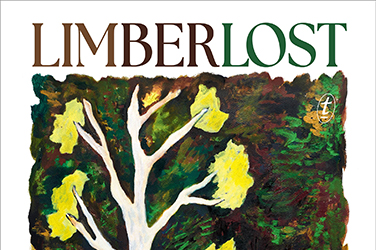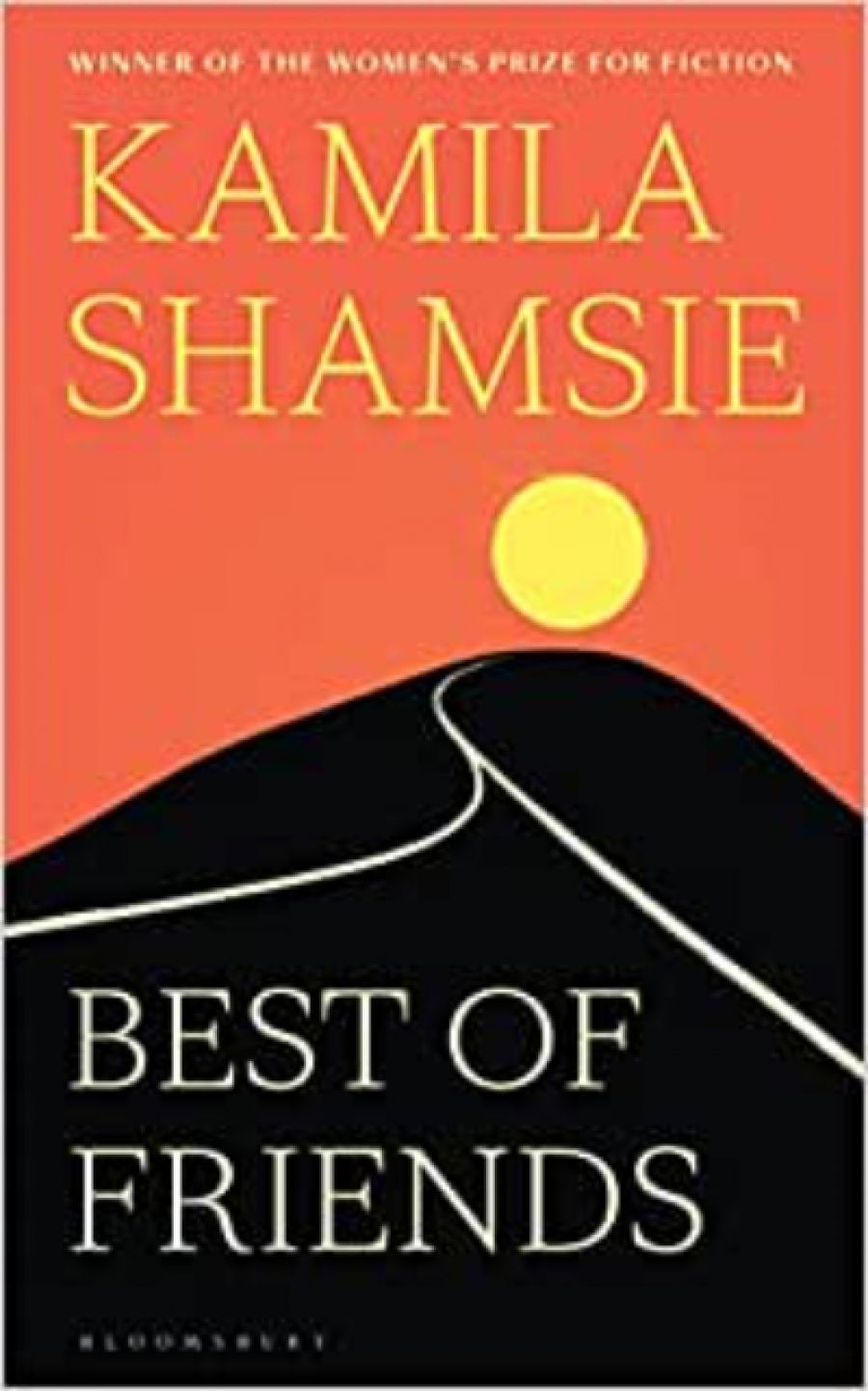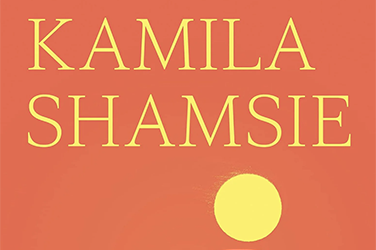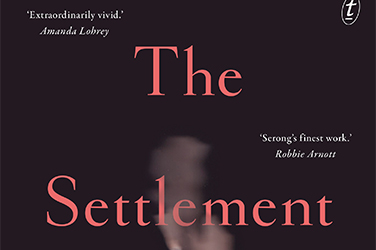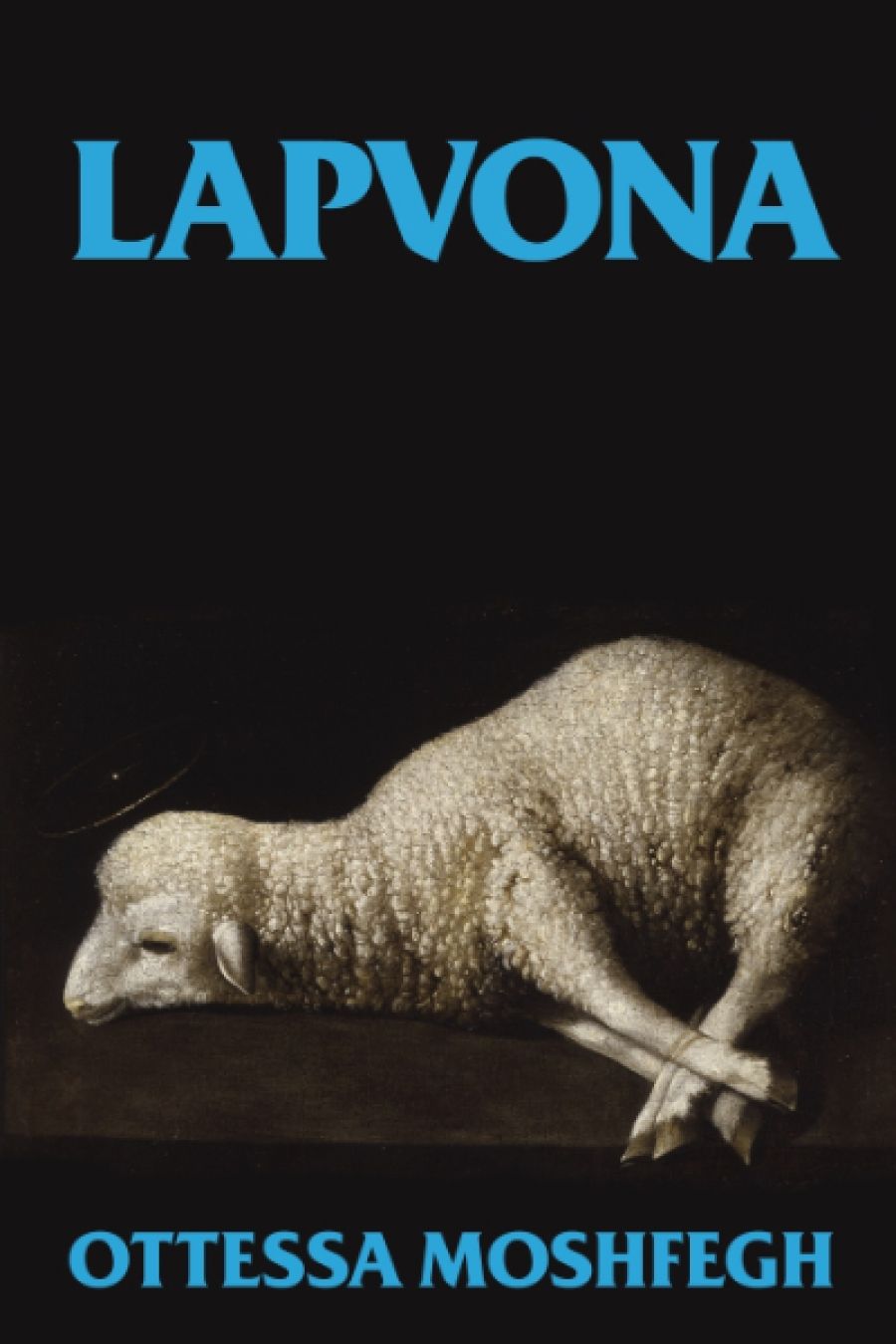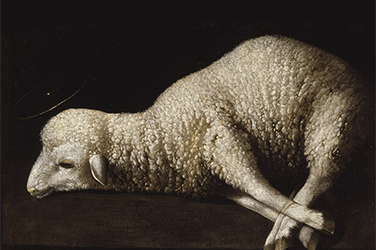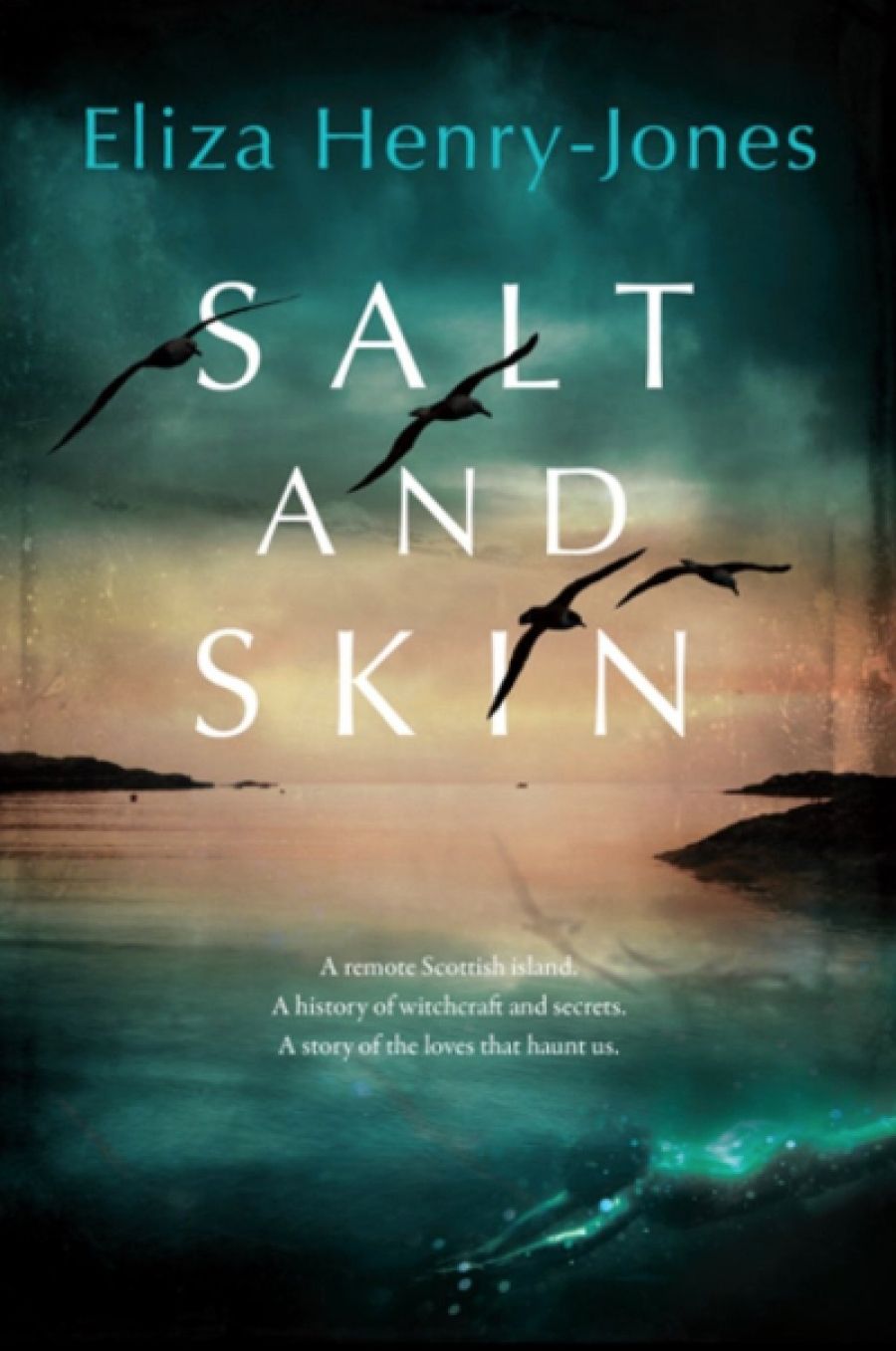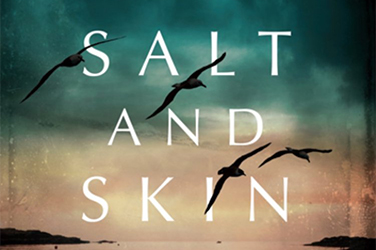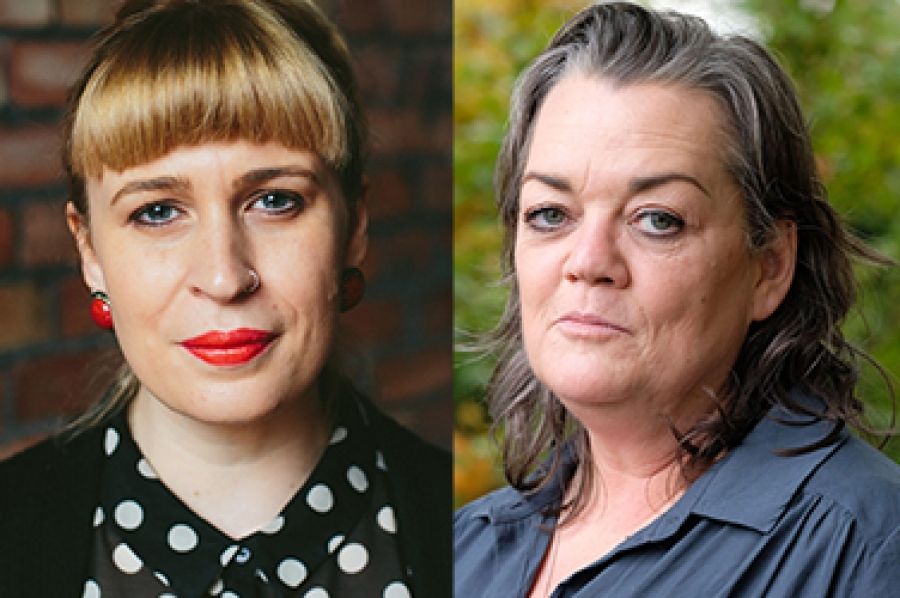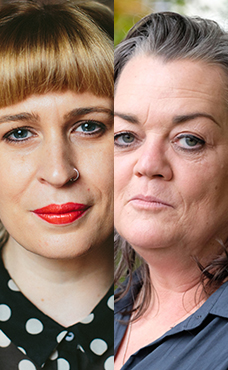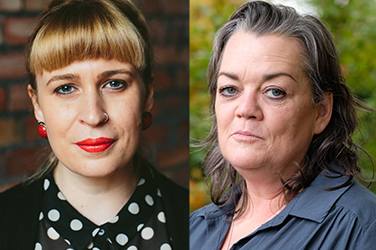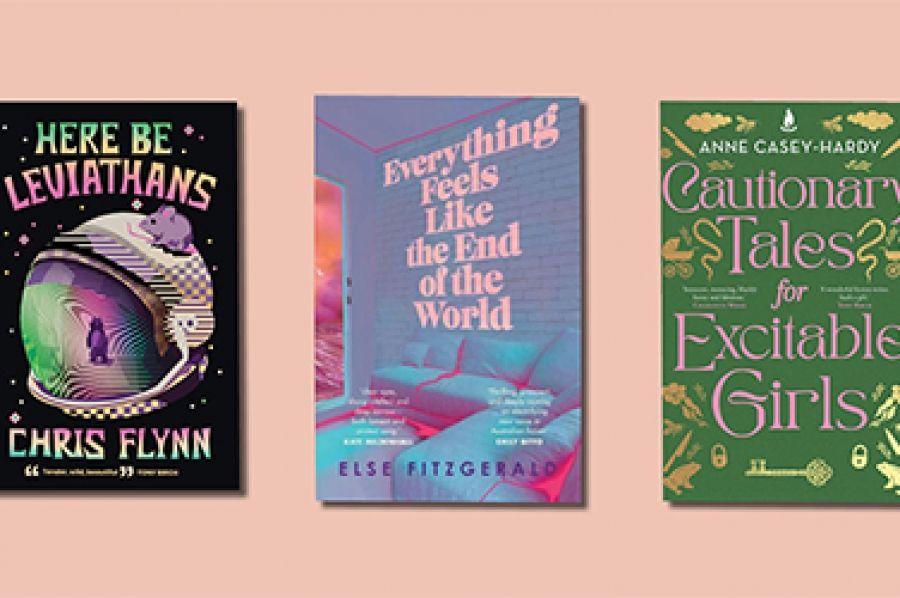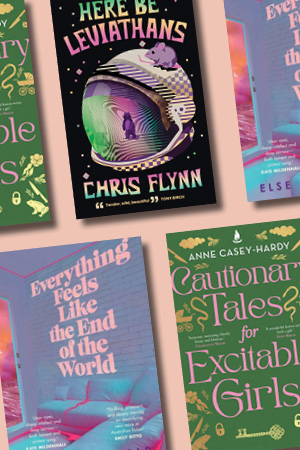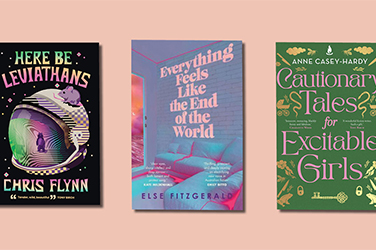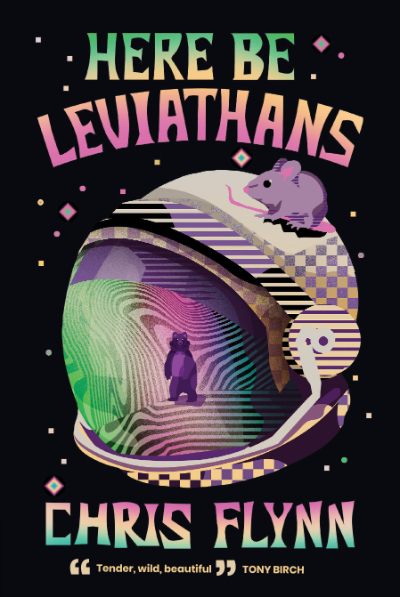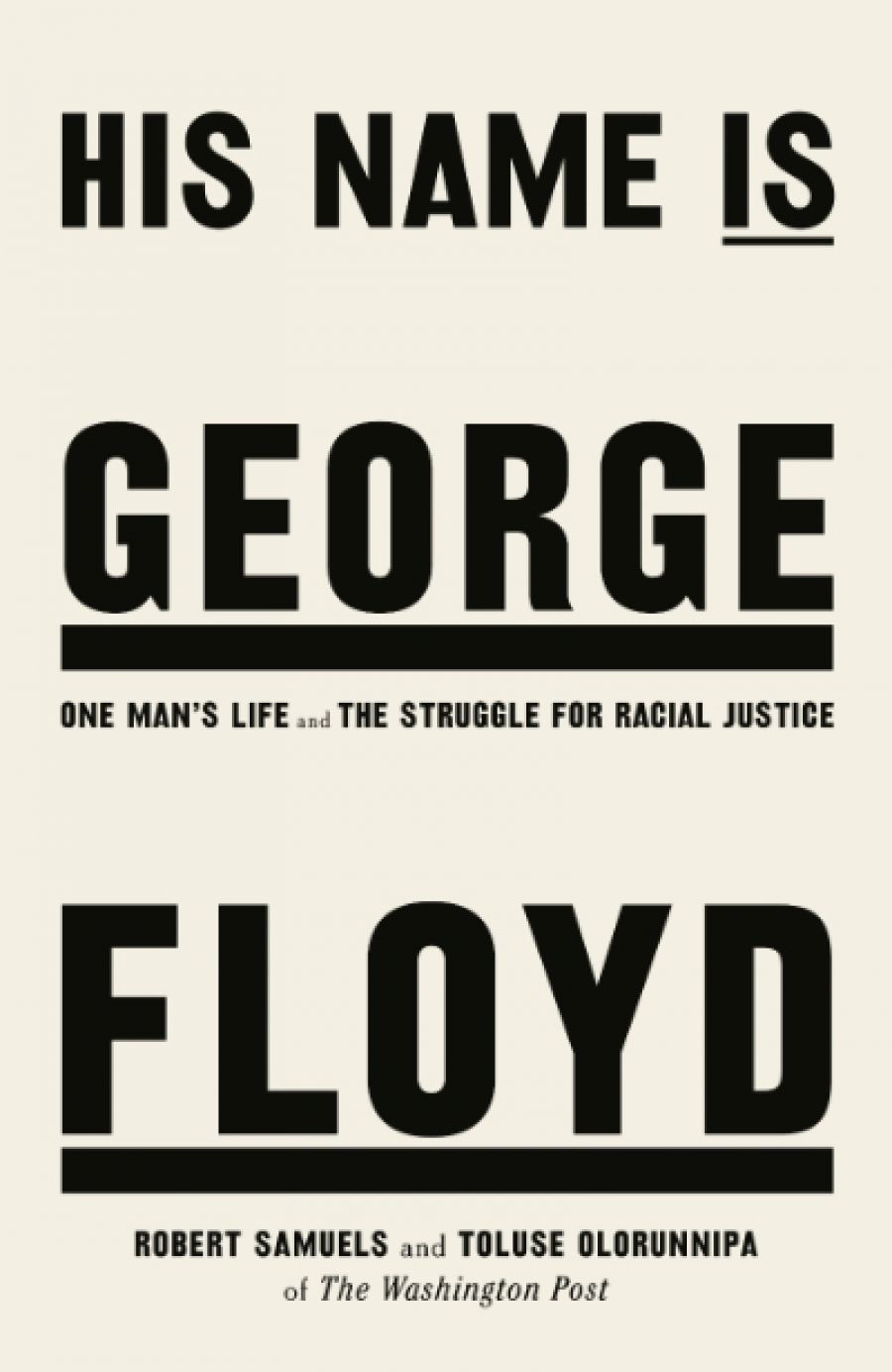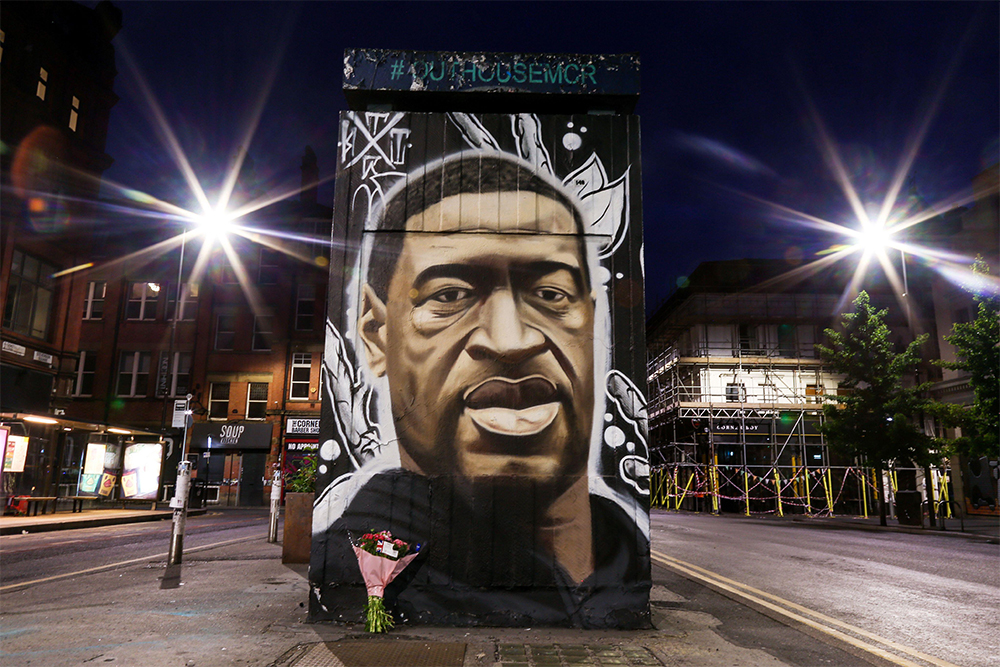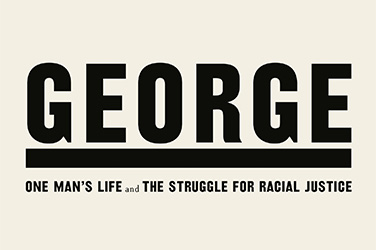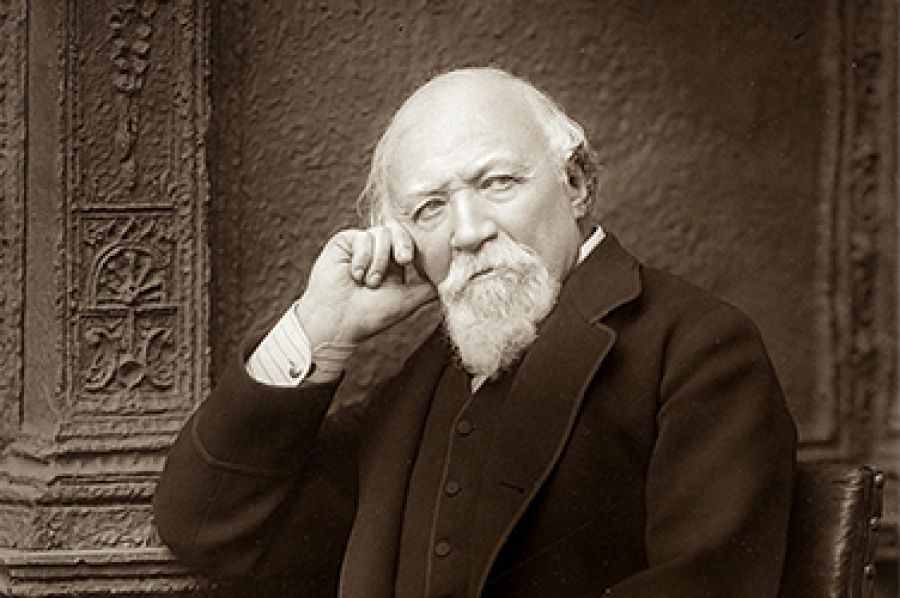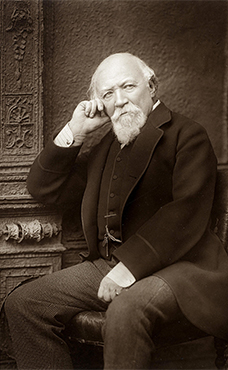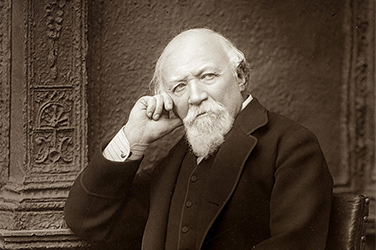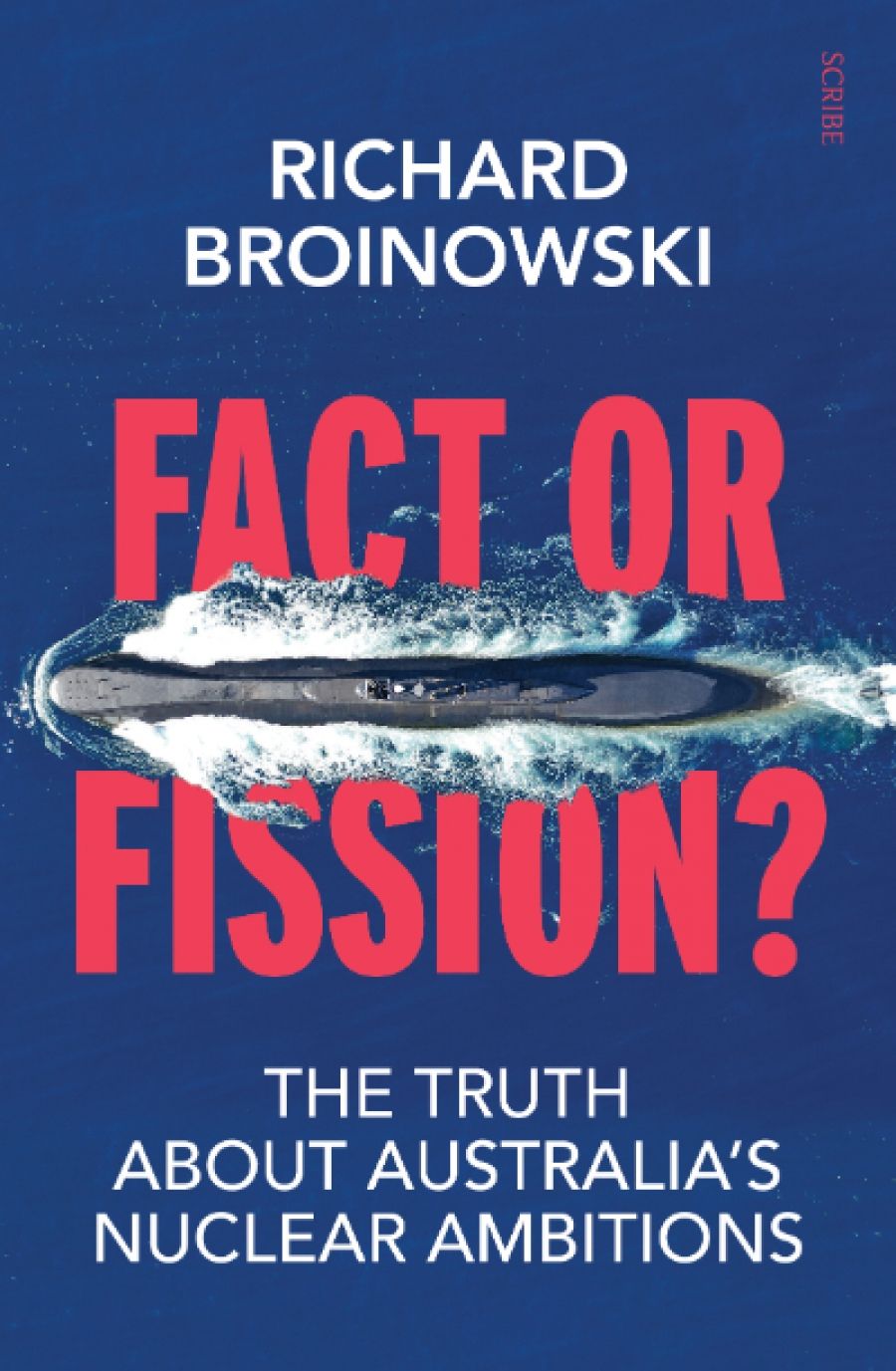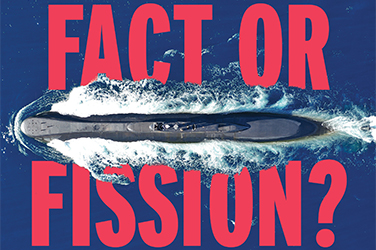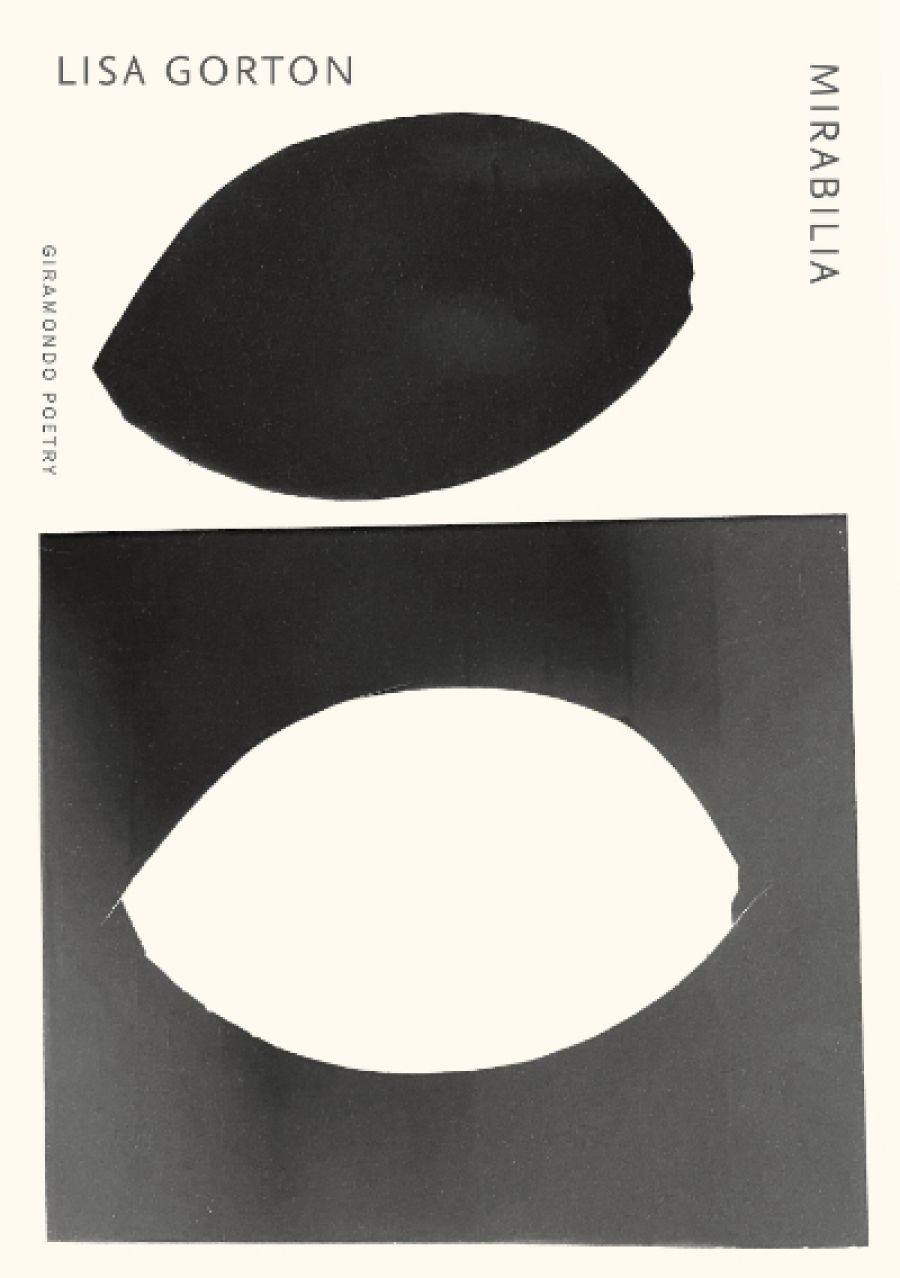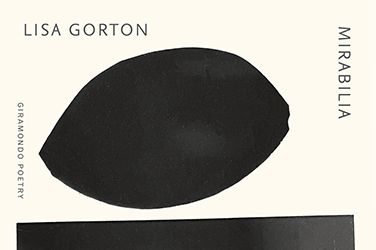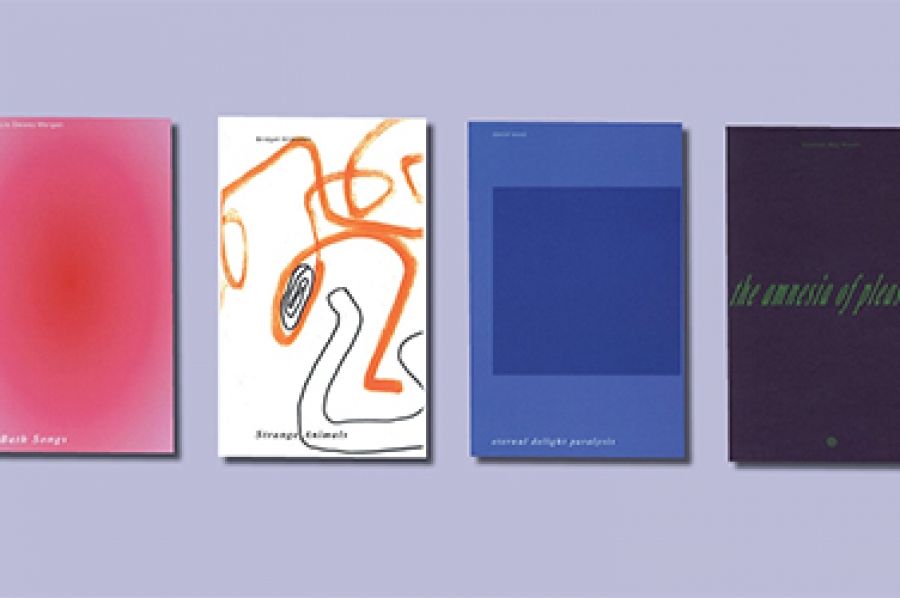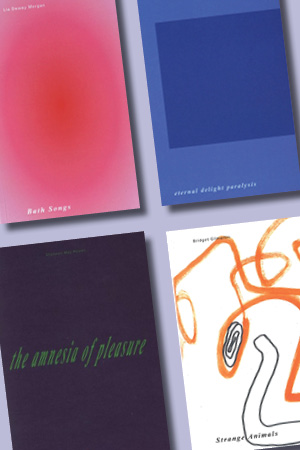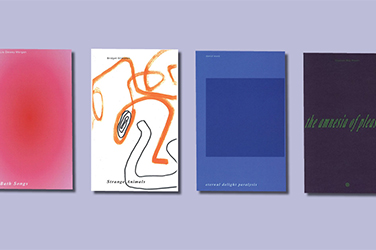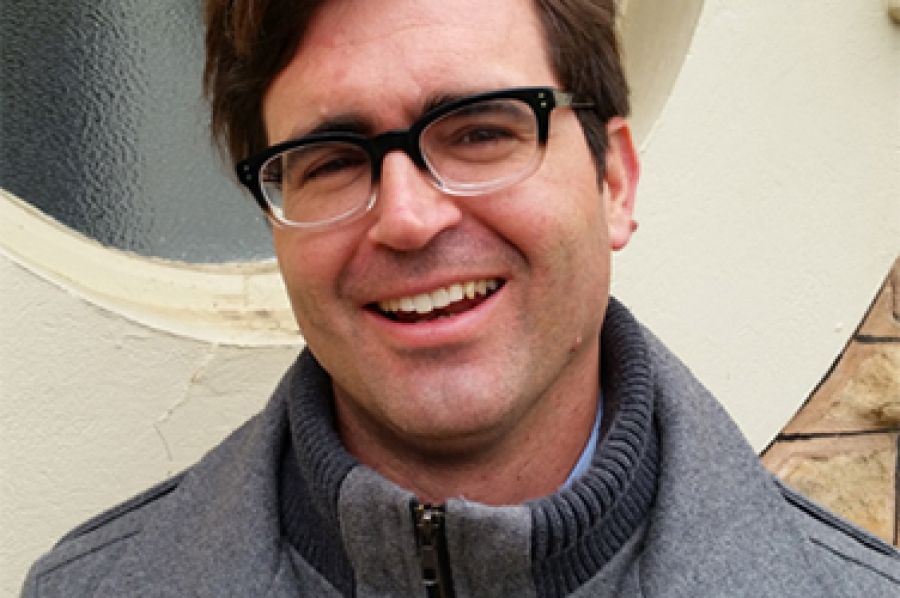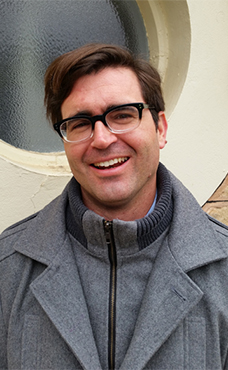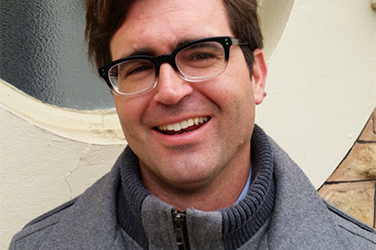Hopelessly addicted
It never occurred to Advances that ABR had anything in common with Queen Elizabeth II. Who did, after all? Yet in the days following her death on 8 September we were touched to read of a shared aversion to a certain word.
Spookily, The New Yorker had chosen to reproduce Martin Amis’s 2002 article ‘Elizabeth II’s Fine-tuned Feelings’ in its archival issue of 29 August. It is one of the best bits of journalism that Amis has ever written. (Will the subject now revisit the subject, we wonder.)
One detail in Amis’s long article struck us. Robert Lacey, in his book Monarch: The life and reign of Elizabeth II (2002), noted that early in her epic reign, Elizabeth was due to visit Kingston upon Hull in Yorkshire. She asked a private secretary to draft her speech. Predictably if not memorably, he began thus: ‘I am very pleased to be in Kingston today.’ The young queen excised the word ‘very’, saying: ‘I will be pleased to be in Kingston, but I will not be very pleased.’
Quite! Her Majesty’s stoic example inspires the editors of ABR to intensify their extirpation of the otiose adverb.
The occasion of Martin Amis’s article was the publication of two more biographies of the queen in the lead-up to her Golden Jubilee in 2002. Amis was particularly acute about Dianamania and the public hysteria that followed her death in 1997. ‘It involved mass emotion; it exalted a personage of low cultural level; it was self-flagellatory in tendency; and it was very close to violence. The phenomenon was, then, part of mankind’s cyclical festival irrationality.’ Rightly, Amis noted that only Diana – with her ‘near-Sicilian taste for revenge’ – had the power to bring down The Firm, ‘and that was her semi-subliminal intention’.
In conclusion, he marvelled at this humdrum family’s capacity to inspire such awe:
The Royal Family is just a family, writ inordinately large. They are the glory, not the power; and it would clearly be far more grownup to do without them. But riveted mankind is hopelessly addicted to the irrational, with reliably disastrous results, planetwide. The monarchy allows us to take a holiday from reason; and on that holiday we do no harm.
Indeed, we did get a holiday, to go with the one for that other festival of unreason – the AFL grand final.
Darren Siwes
The ascension of a new monarch (one whose connivance with John Kerr in 1975 should not go unremarked) and the welcome restoration of the republic to the political agenda presents us with an opportunity to reproduce Darren Siwes’s wonderful Gold Male on our October cover. It comes from the Indigenous artist’s series Oz Omnium Rex Et Regina, which Siwes produced in 2008. Darren Siwes is represented by GAGPROJECTs in Adelaide and Nellie Castan Gallery in Melbourne.
Prizes galore
One of the oddities of our three literary prizes is that – despite the fact that they are open for three months – we receive about half the entries in the final week. So it is possible that some poets are still honing their entries for the Peter Porter Poetry Prize, which closes on 3 October with total prize money of $10,000.
The Porter Prize out of the way – temporarily, while the judges set about reading the huge field – we now look forward to opening the Calibre Essay Prize on 10 October, with total prize money of $7,500. Essayists will have until 30 December 2022 to enter their non-fiction essays (2,000 to 5,000 words).
Click here for more details, terms and conditions, and frequently asked questions, of which there are invariably many. We have been asked many things. One aspirant wondered what names they should use for family members referenced in the essay so that they remained anonymous.
Peter McLennan and Mary-Ruth Sindrey are generous supporters of the Calibre Prize. We thank them warmly.
ABR in Adelaide
Following the success of our sold-out Adelaide Festival tour in March, Australian Book Review is delighted to announce a nine-day tour of Adelaide from 3 to 11 March 2023. Peter Rose and Christopher Menz (Development Consultant and former Director of the Art Gallery of South Australia) will lead the tour, with twenty guests.
Presented in association with Academy Travel (a sponsor of the Adelaide Festival), it has been timed to coincide with the best of Adelaide Festival and Writers’ Week. ABR has a long connection with Australia’s premier literary festival and with many of the writers appearing as guests. Those interested in the tour should visit the Academy Travel website directly.
Four ABR contributors
Four senior contributors to the magazine have died in recent months, and we extend our sympathies to family and friends.
Professor Janna Thompson, who died on 23 June, wrote for ABR fourteen times between 2003 and 2021. In the December 2021 issue she reviewed Michael McGirr’s book Ideas to Save Your Life. Janna was a distinguished philosopher and had a long association with La Trobe University (1975–2012), where she was a professor. She was also a generous teacher. At Monash University she introduced our Editor to existentialism. Though gravely ill, Janna remained active and engaged until the end. She went on the 2022 Adelaide tour, and she completed a crime novel called Lockdown (Clan Destine Press), which will be launched this month.
Evan Jones, who died on 3 August, wrote for ABR nine times between 1981 and 1986. He taught for many years at the University of Melbourne when its English Department was home to some of the country’s most influential poets. His first collection, Inside the Whale, appeared in 1960. There were eight more collections and chapbooks, most recently Selected Poems (Grand Parade Poets, 2014).
Ruth Starke, who died on 5 September, was one of our most frequent contributors, writing for the magazine on forty-eight occasions between 1996 and 2016. For many years she worked at Flinders University. Our Editor remembers sharing an office – and irreverent conversations – with her at Flinders University when he was commuting between Melbourne and Adelaide. Ruth’s speciality was of course children’s and young adult literature, but the subject of her ABR Patrons’ Fellowship (which she held in 2013) was the charismatic former premier of South Australia, Don Dunstan. Her substantial article, ‘Media Don’, appeared in the March 2013 issue. She also wrote a substantial essay on Isobelle Carmody’s young adult novel The Gathering for Copyright Agency’s Reading Australia project.
Bruce Grant, who died on 3 August, was the eldest of this impressive quartet. Born in 1925, he went on to become an author, journalist, academic, and diplomat. Gough Whitlam, who once introduced Grant as his Dr Kissinger, made him high commissioner to India in 1973. Grant wrote for the magazine seven times from 1979 to 2012. He was a prolific author; his first book was Indonesia (1964). In his latter years he developed a taste for fiction, but his final publication was a memoir: Subtle Moments: Scenes on a life’s journey (Monash University Publishing, 2017).
Mountain Writers Festival
As noted in last month’s Advances, ABR is a sponsor of the inaugural Mountain Writers Festival (4–6 November). This is Australia’s first writers’ festival dedicated to all things environmental – from activism and climate change to outback crime and gardening. Weekend and day passes are now available, along with tickets to individual events including the session that ABR is sponsoring on Sunday, 6 November: ‘Trouble in the Outback’. Visit the festival website for more information about the program and tickets: mountainwritersfestival.com.au
Historical novels
Not everyone has heard of the ARA Historical Novel Prize, presented by the Historical Novel Society Australasia, but it’s a wonder. The prize, established in 2020 to promote historical fiction across Australia and New Zealand, is worth a total of $100,000, making it the most lucrative genre prize in the antipodes.
The longlist in the Adult Category comprises nine books, including includes Geraldine Brooks’s Horse and Tom Keneally’s Corporal Hitler’s Pistol. The shortlist will be announced on 28 September, the winner on 20 October.
Copyright Agency
We all know what a difference prize money can make. Copyright Agency Cultural Fund has awarded two Author Fellowships, worth $80,000 each, to novelist Mirandi Riwoe and critic and historian Saskia Beudel.
Riwoe’s first novel, Stone Sky Gold Mountain (2020), was shortlisted for several awards, including the inaugural ARA Historical Novel Prize mentioned above, which it won. Beudel, a regular contributor to ABR, will use her fellowship to work on Peaking: High intensity training at the end of the world, which explores ageing and physical performance.
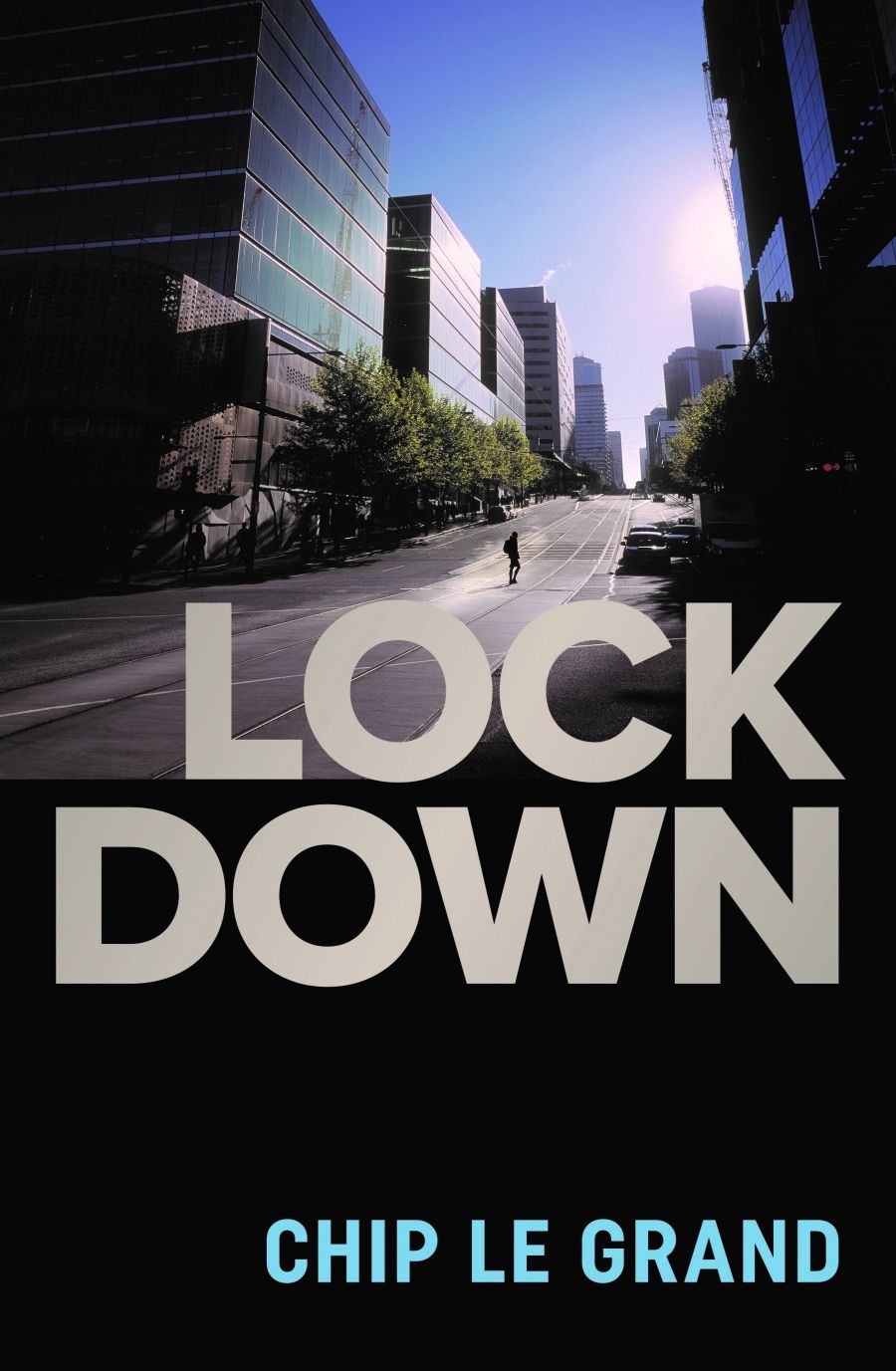


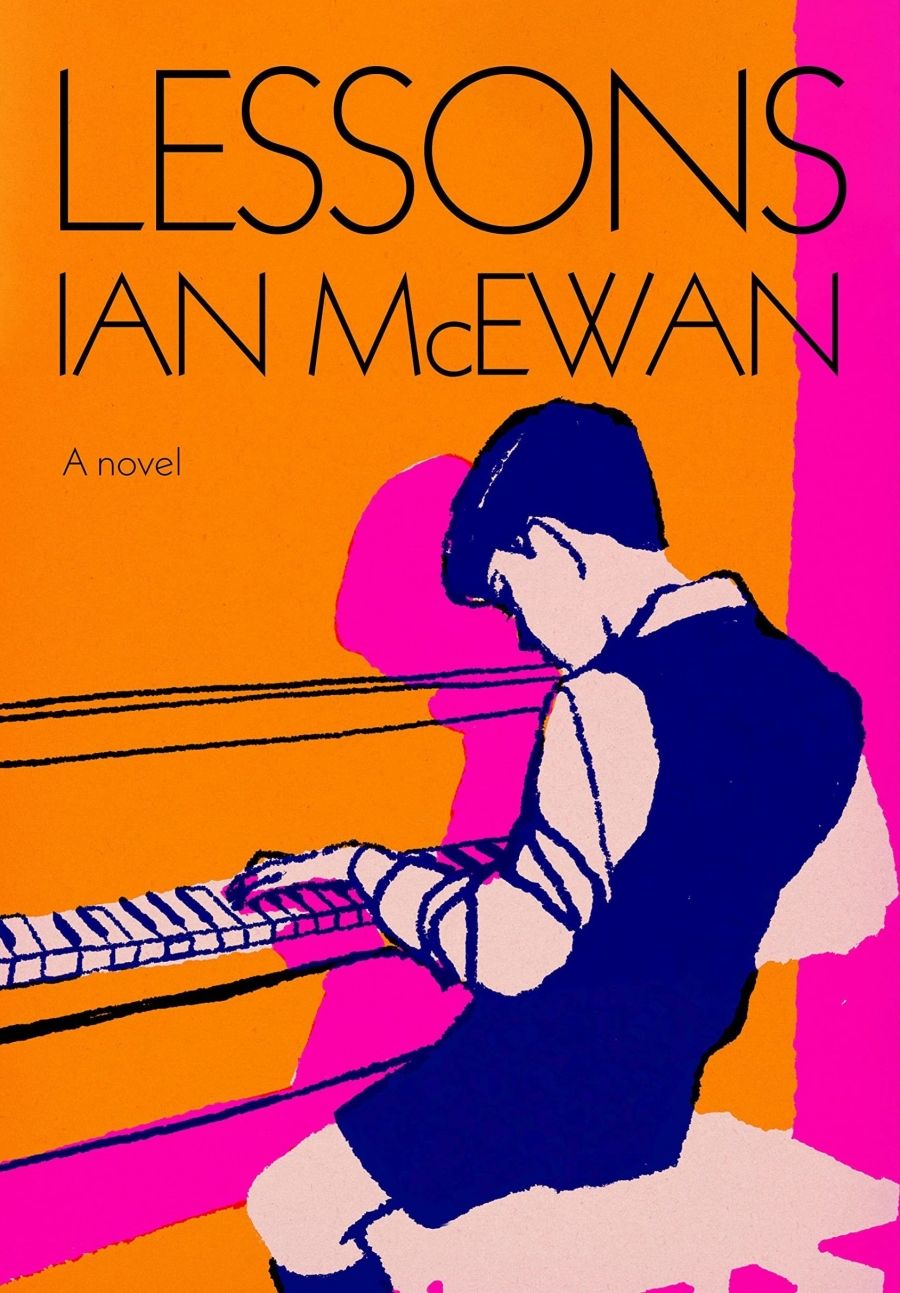



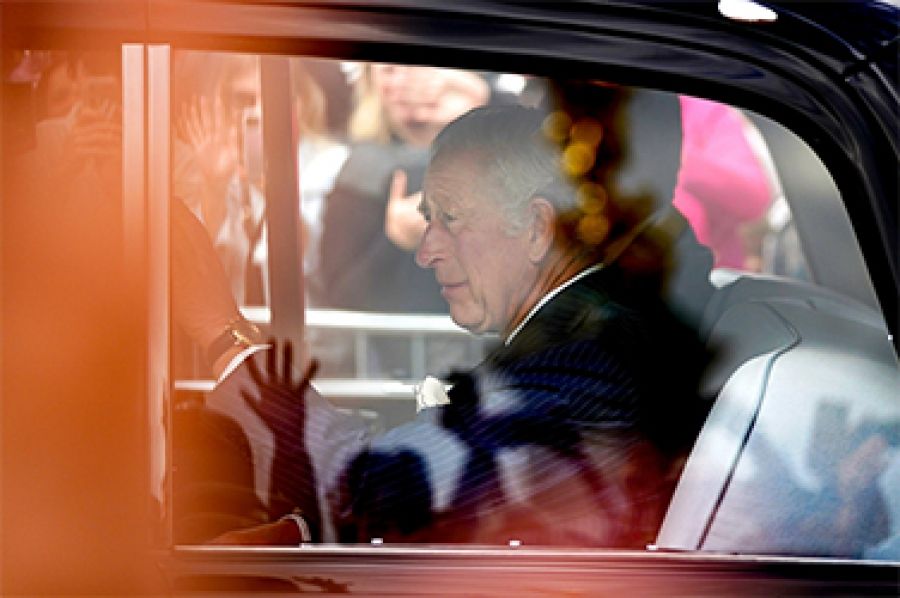
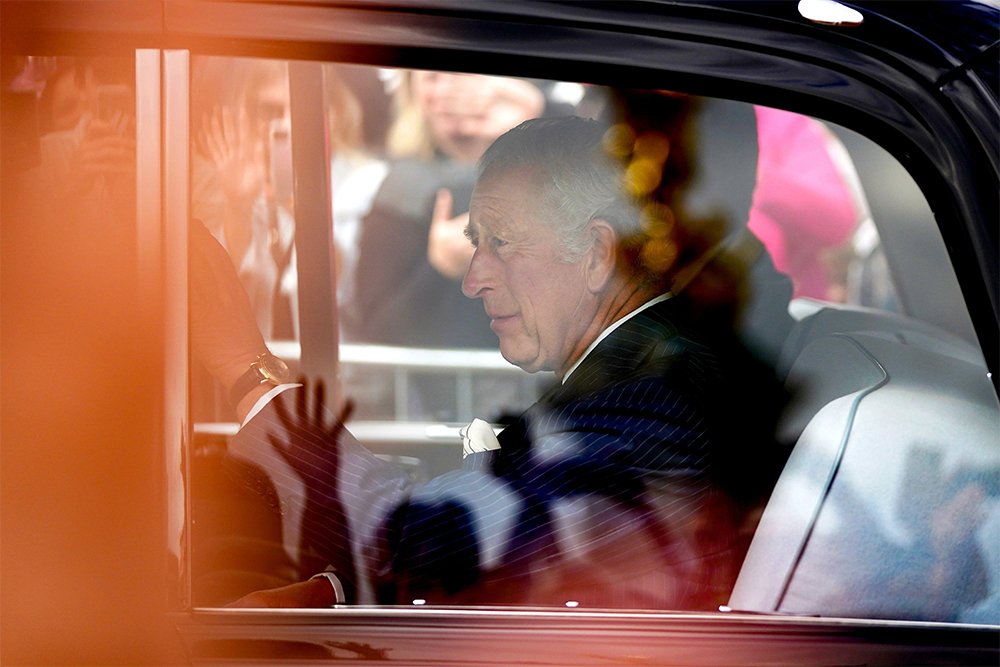
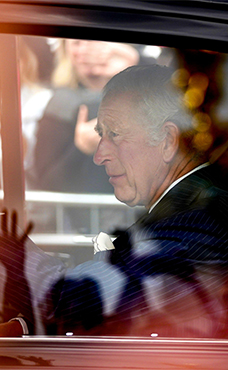
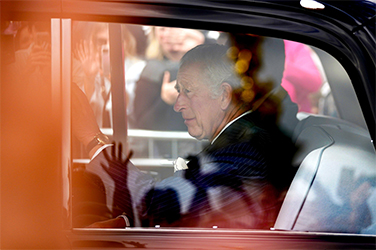
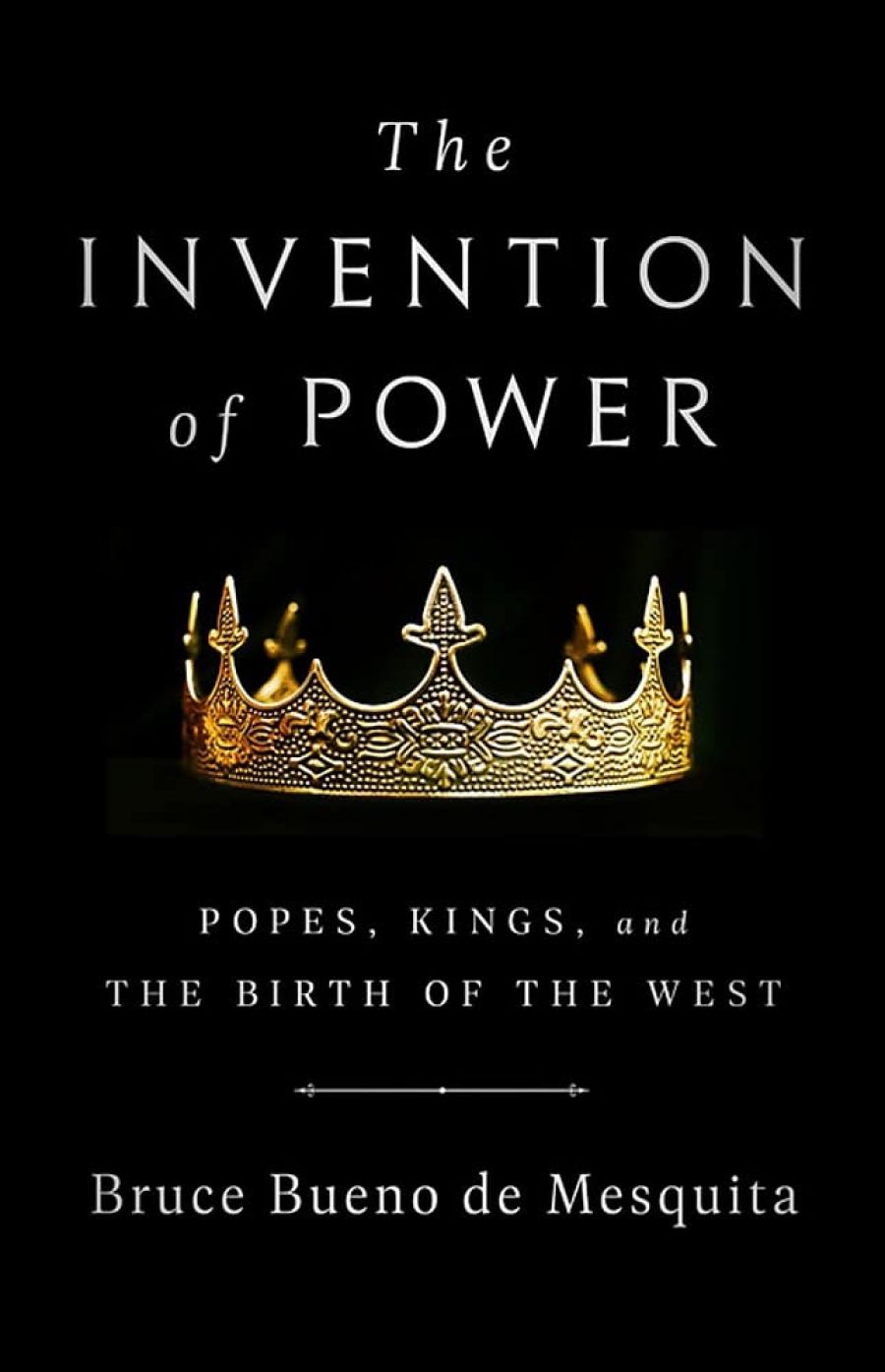
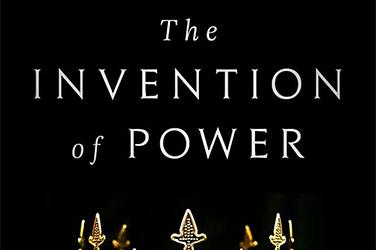
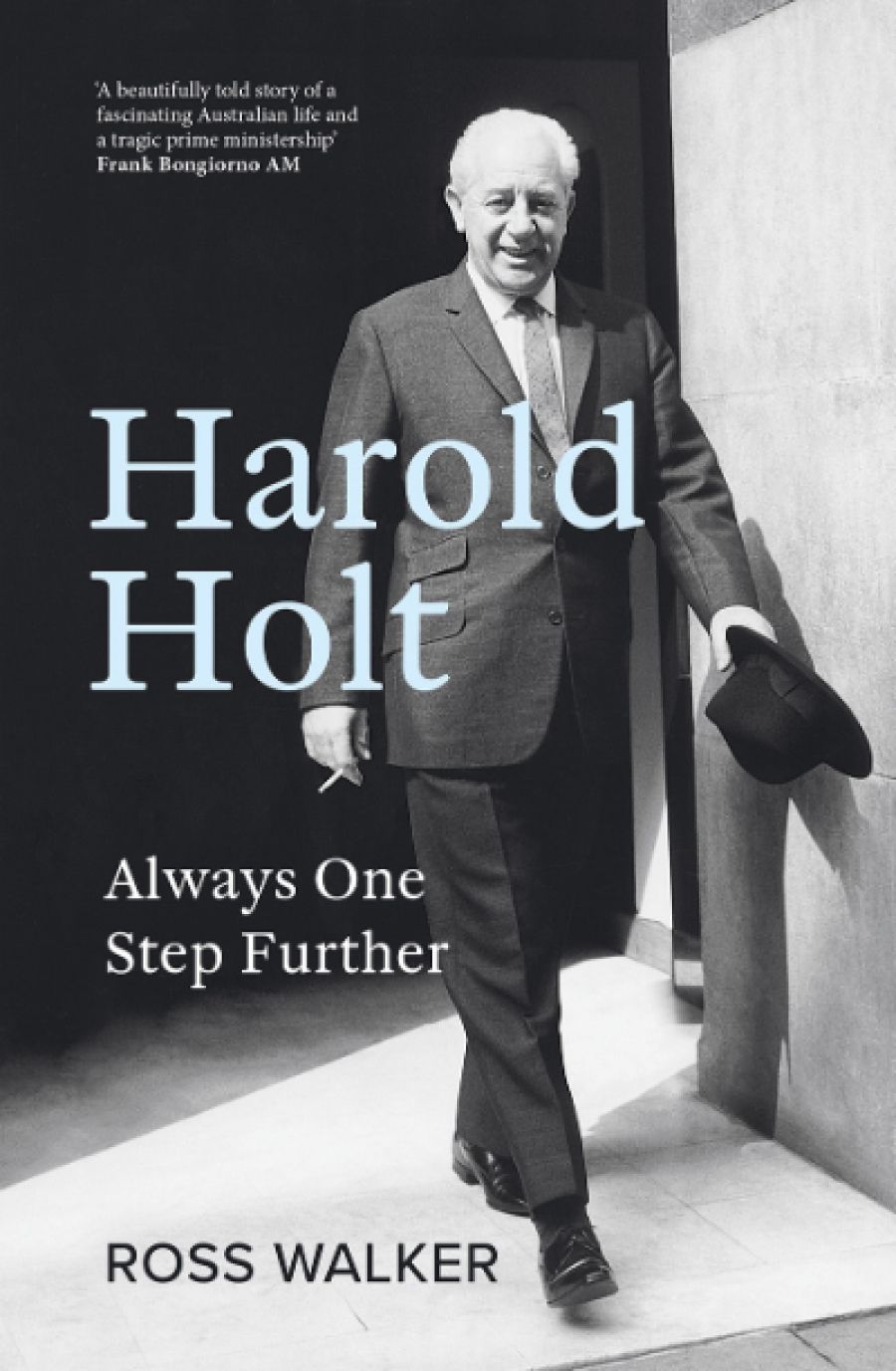
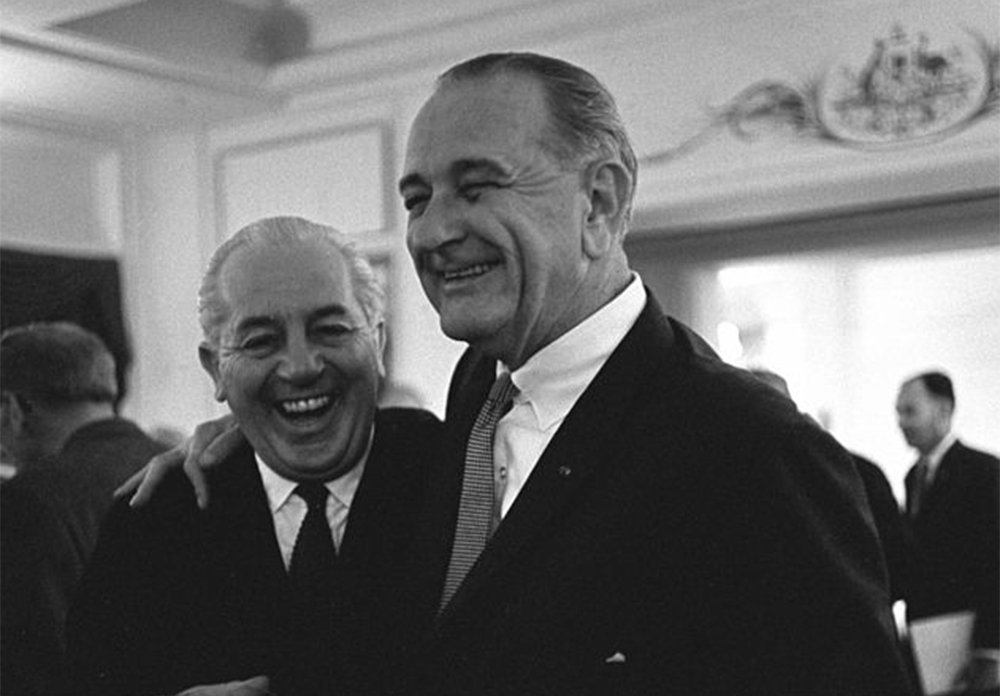
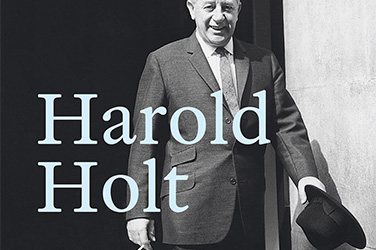
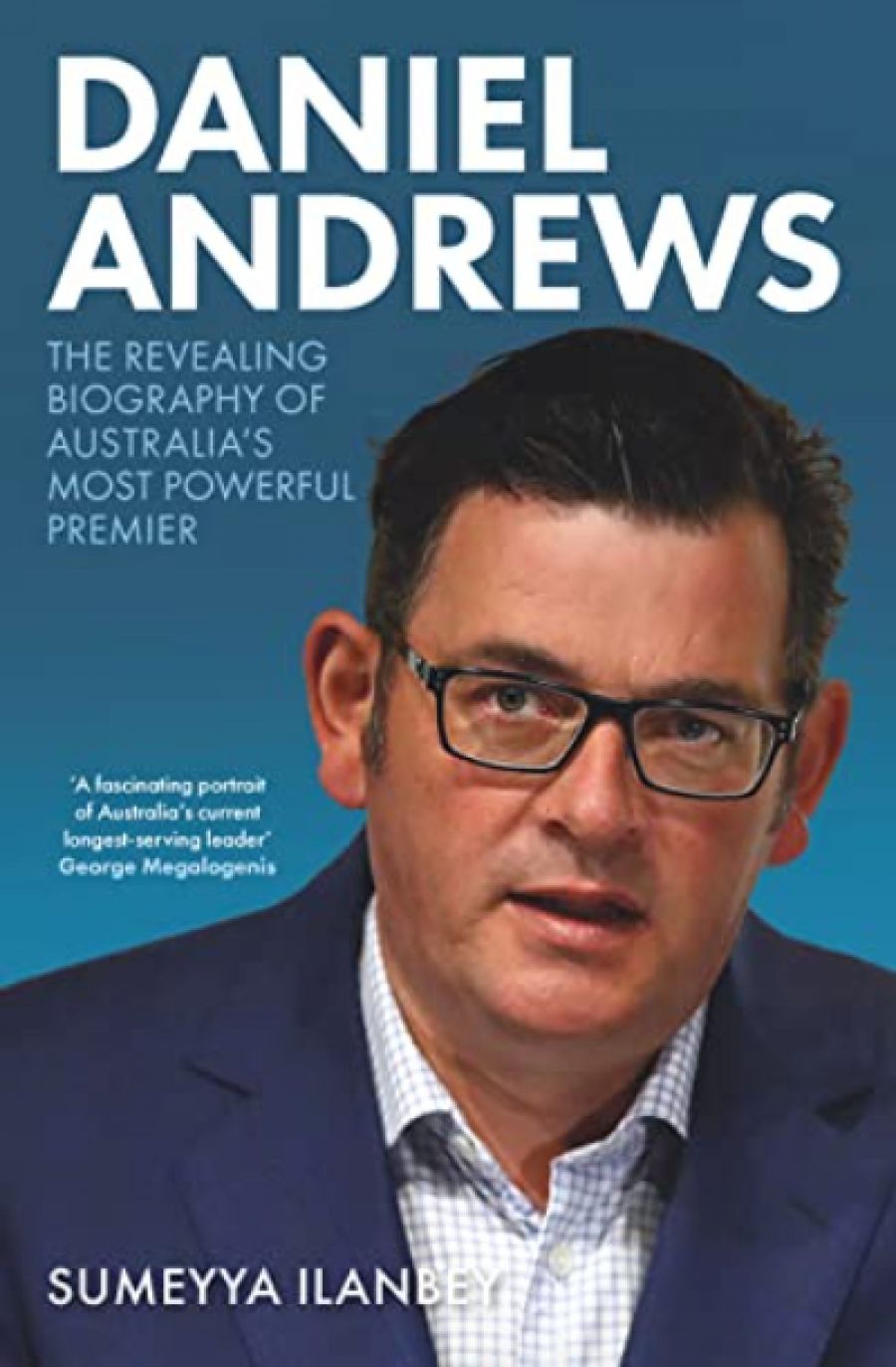
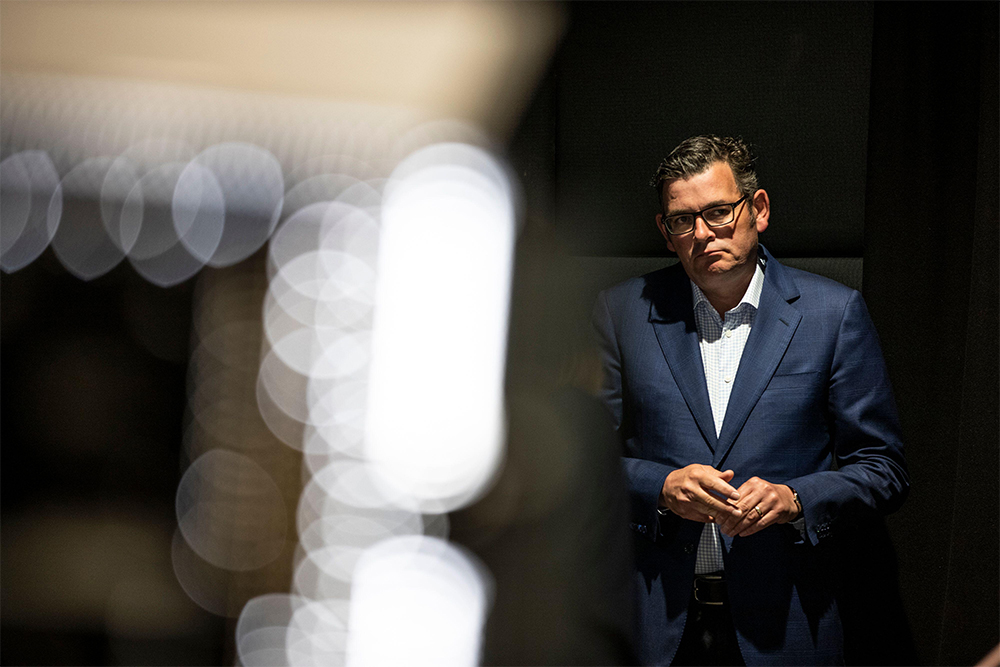
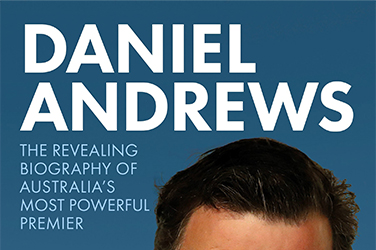
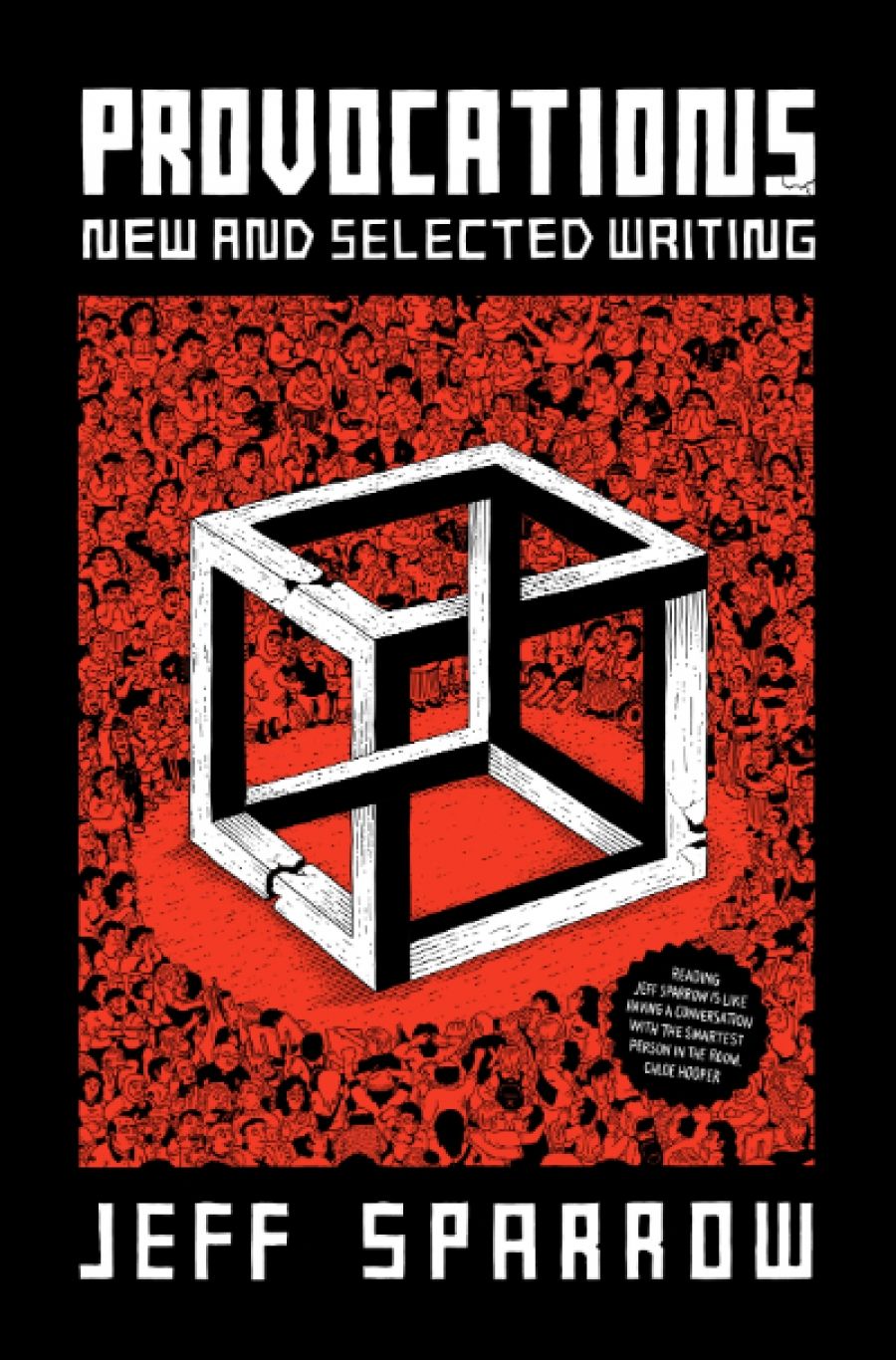


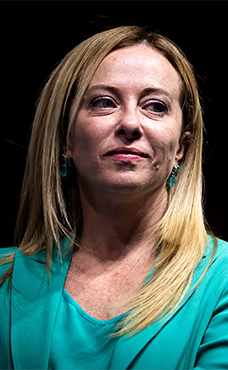

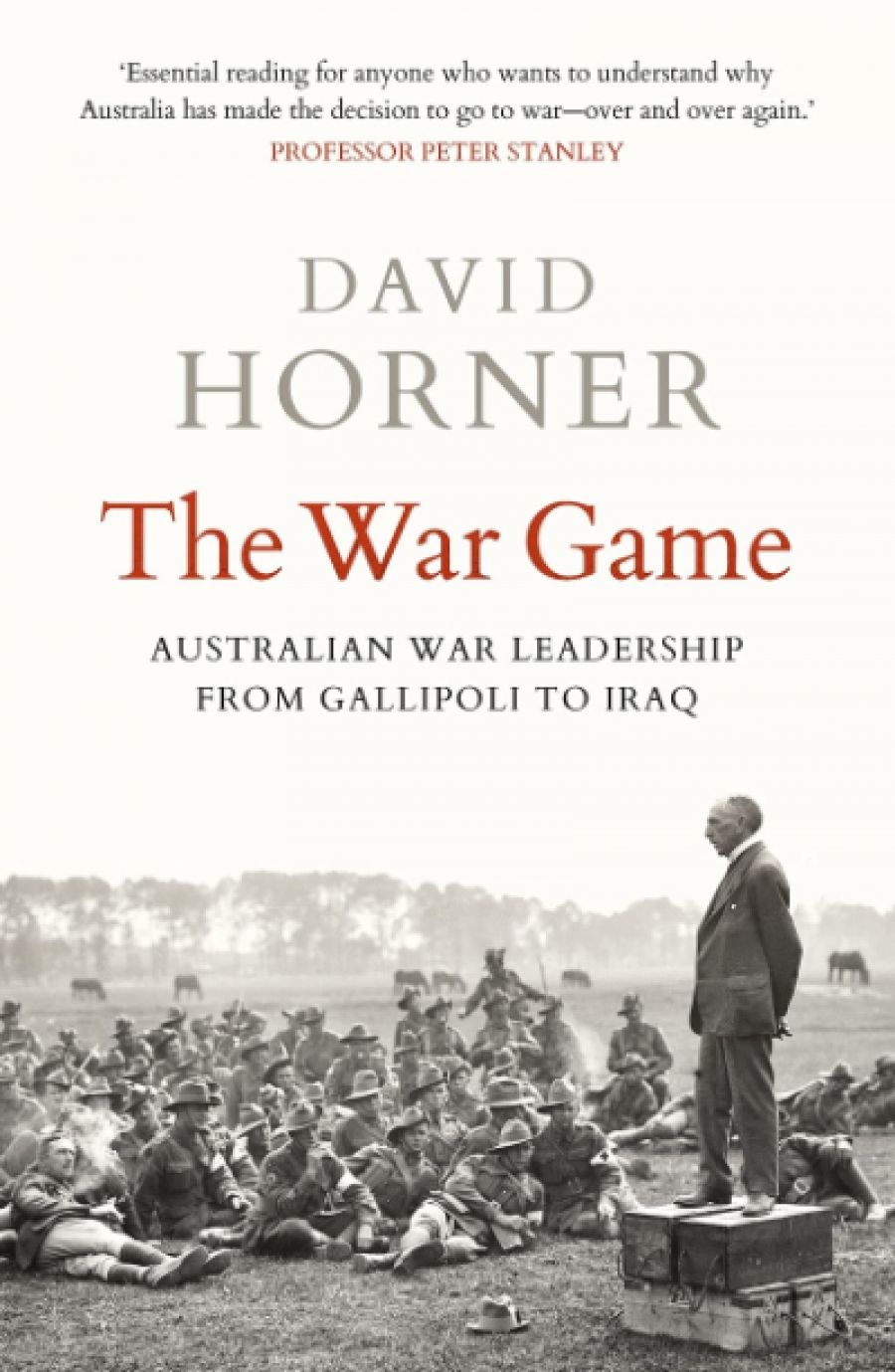
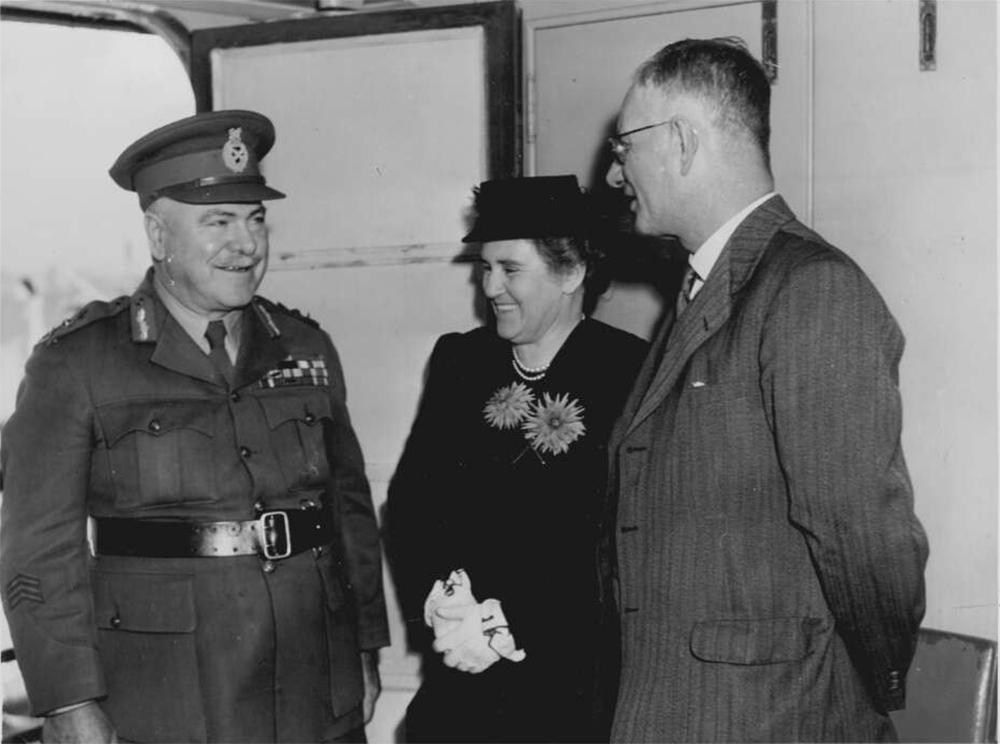
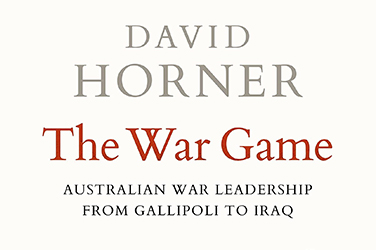
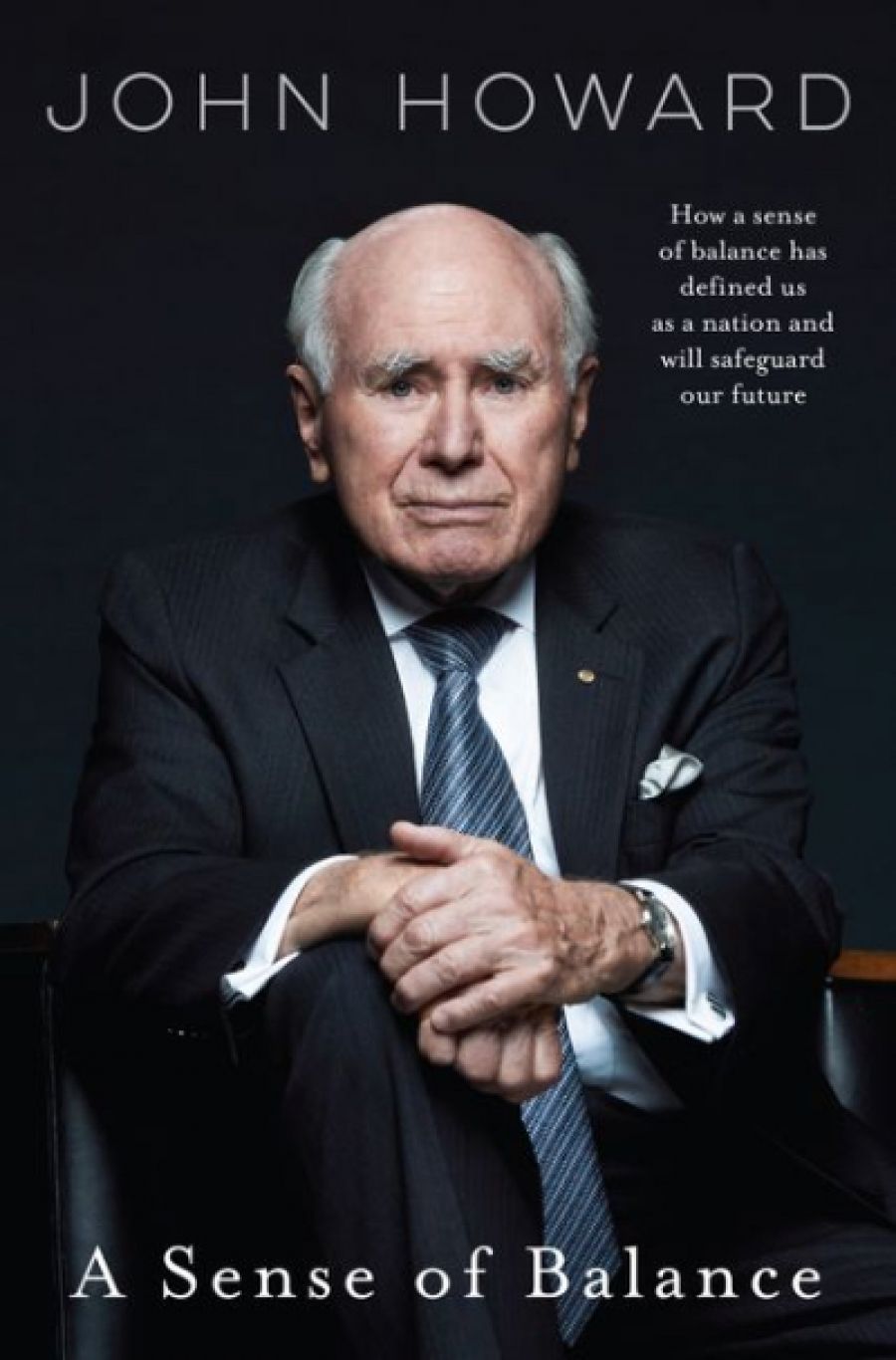
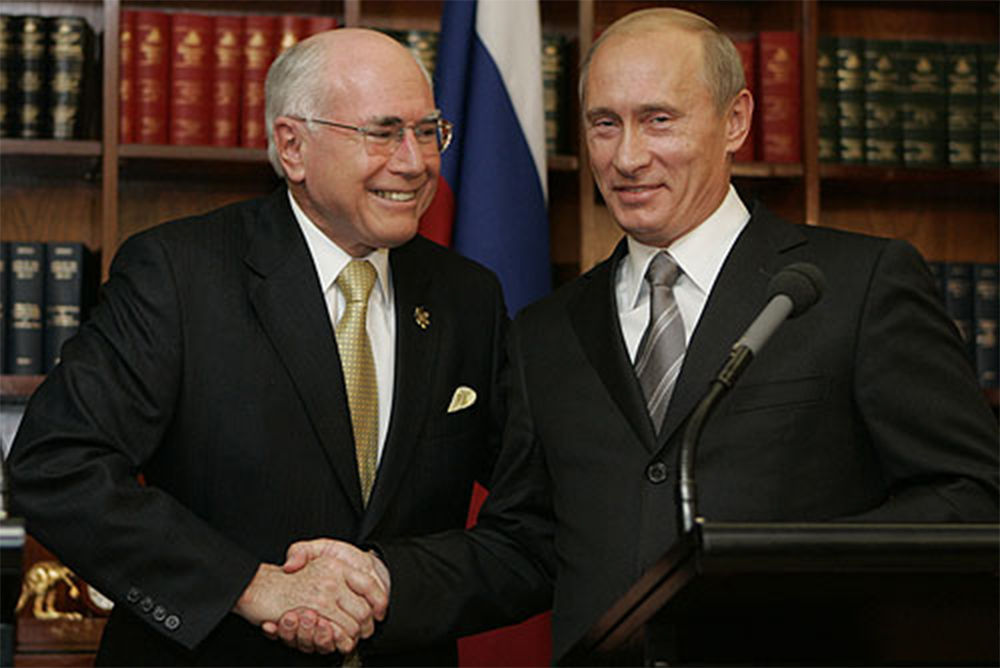
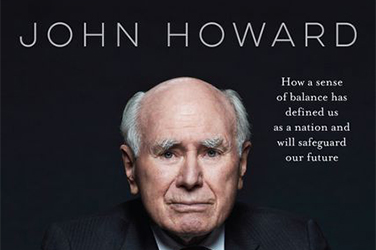

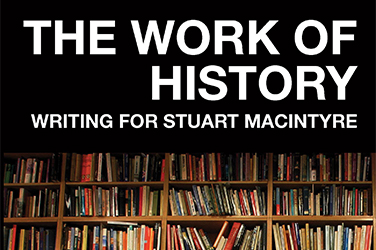
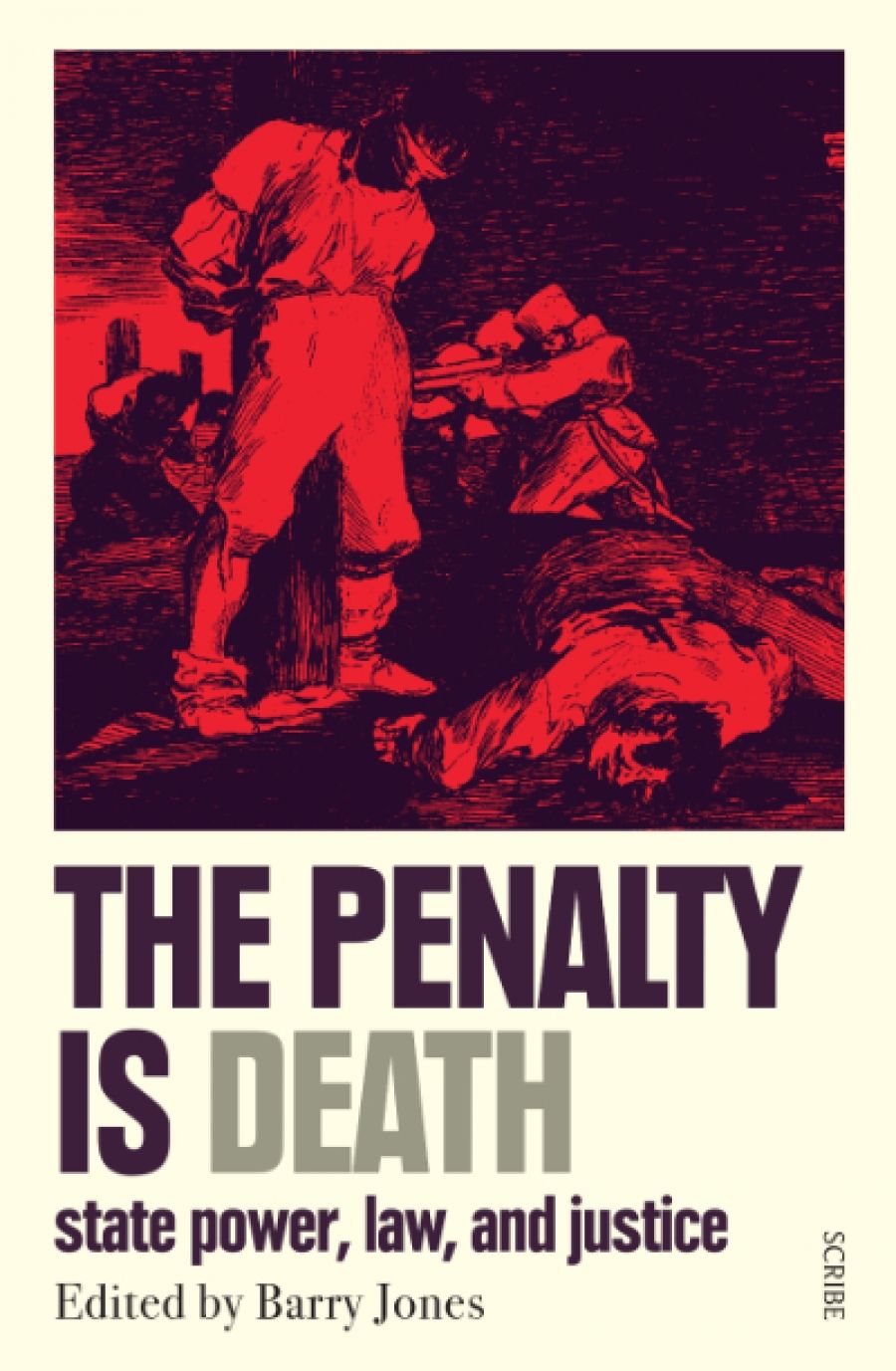
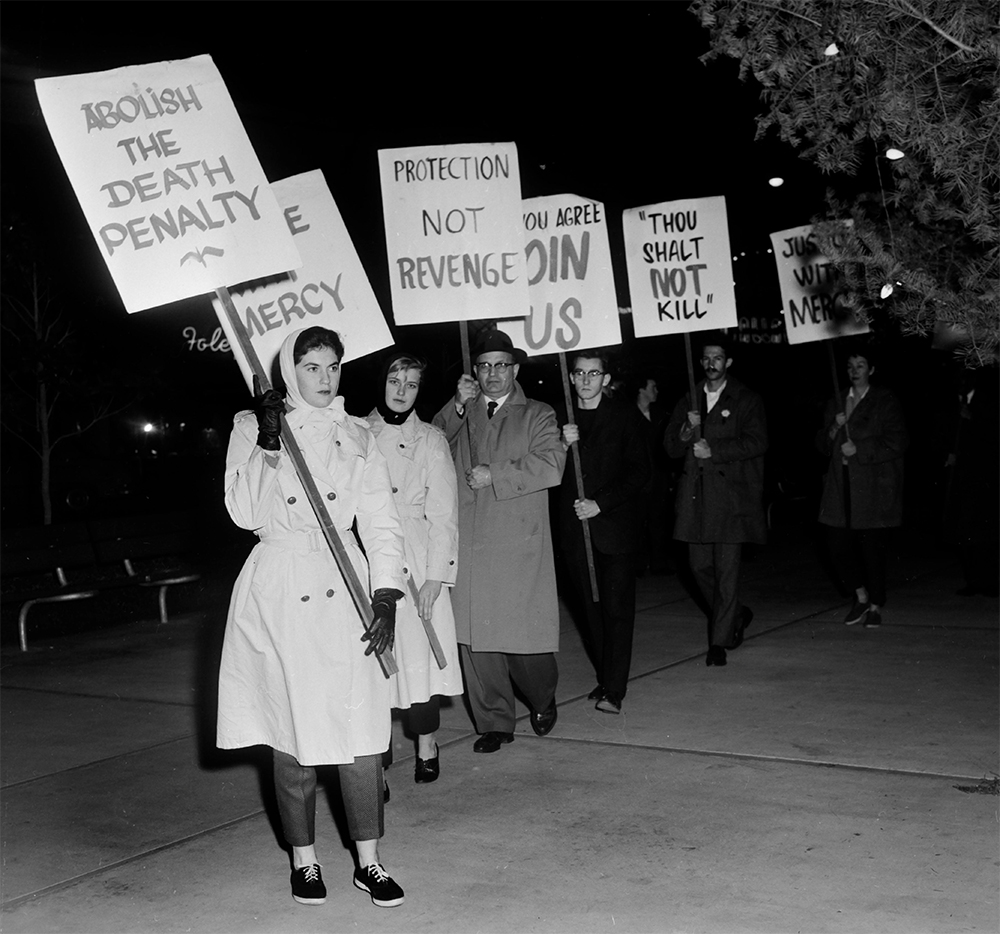
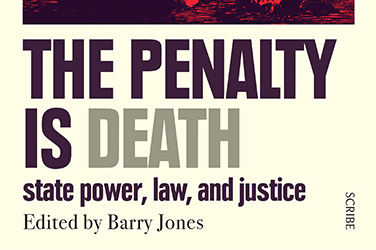

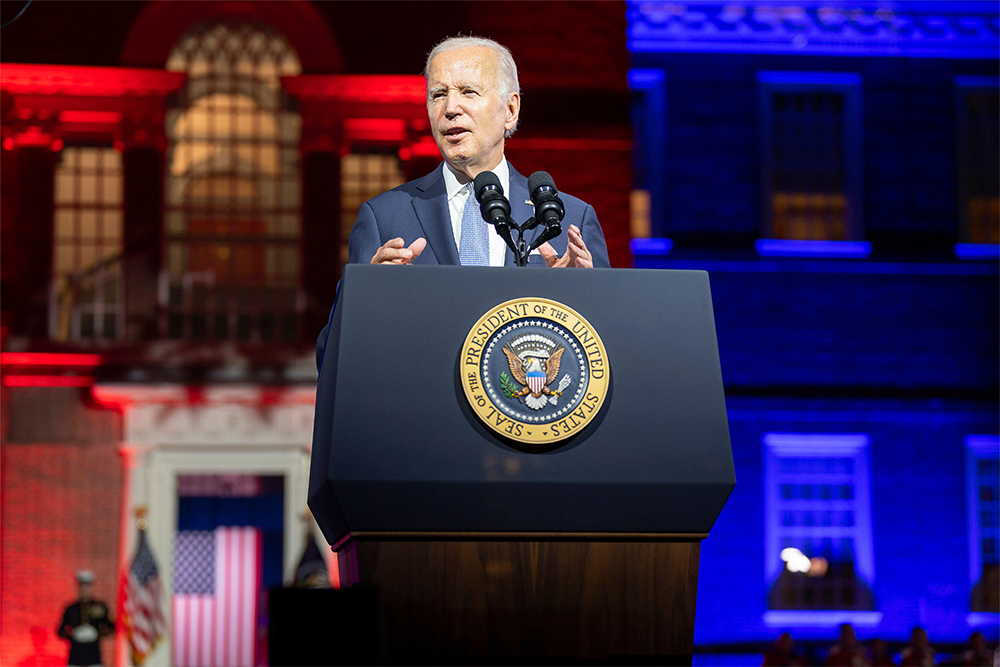
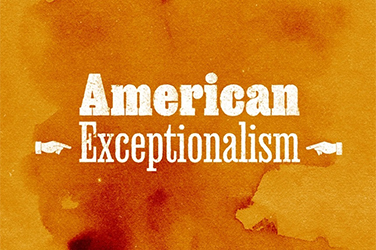
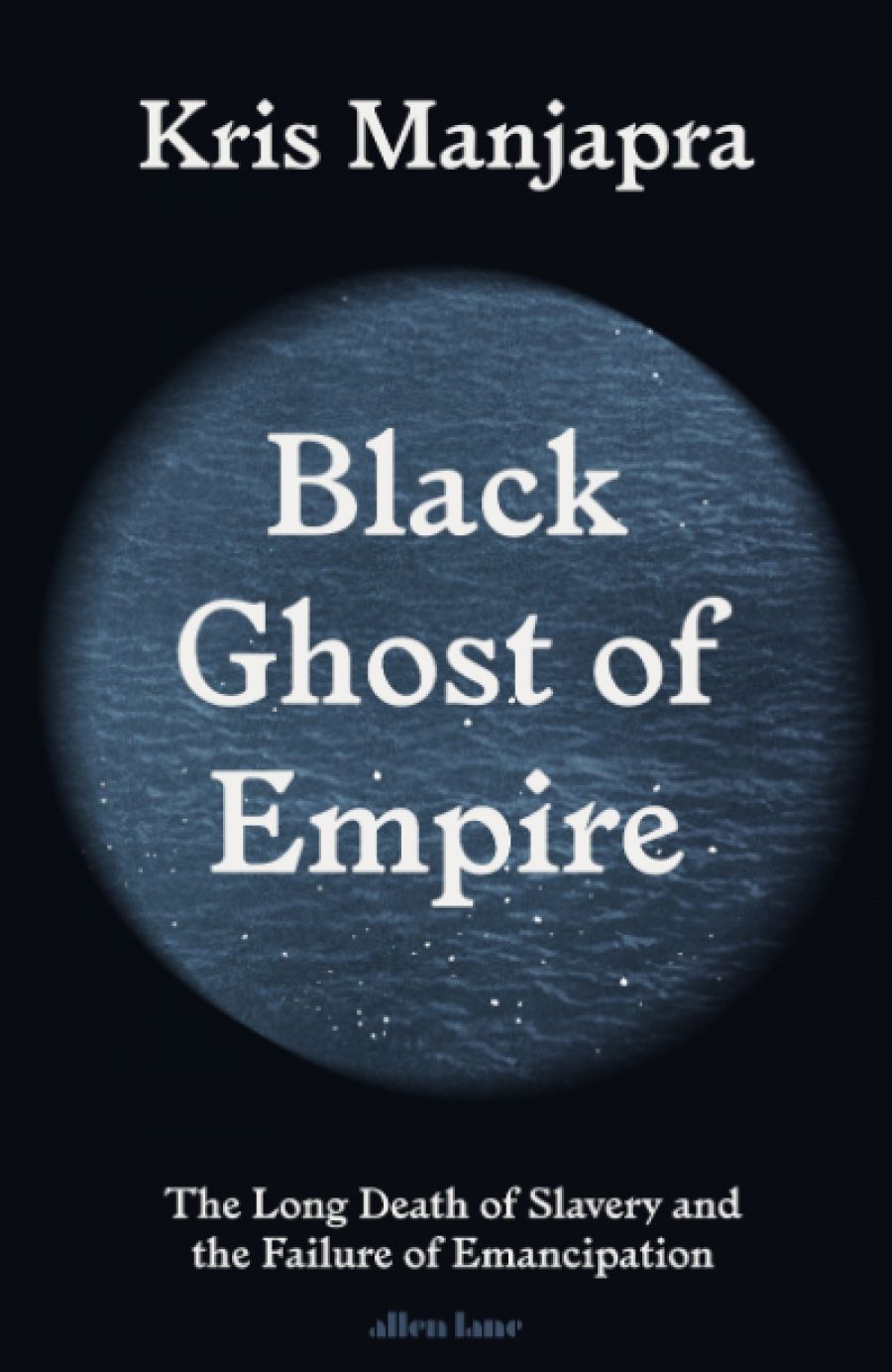
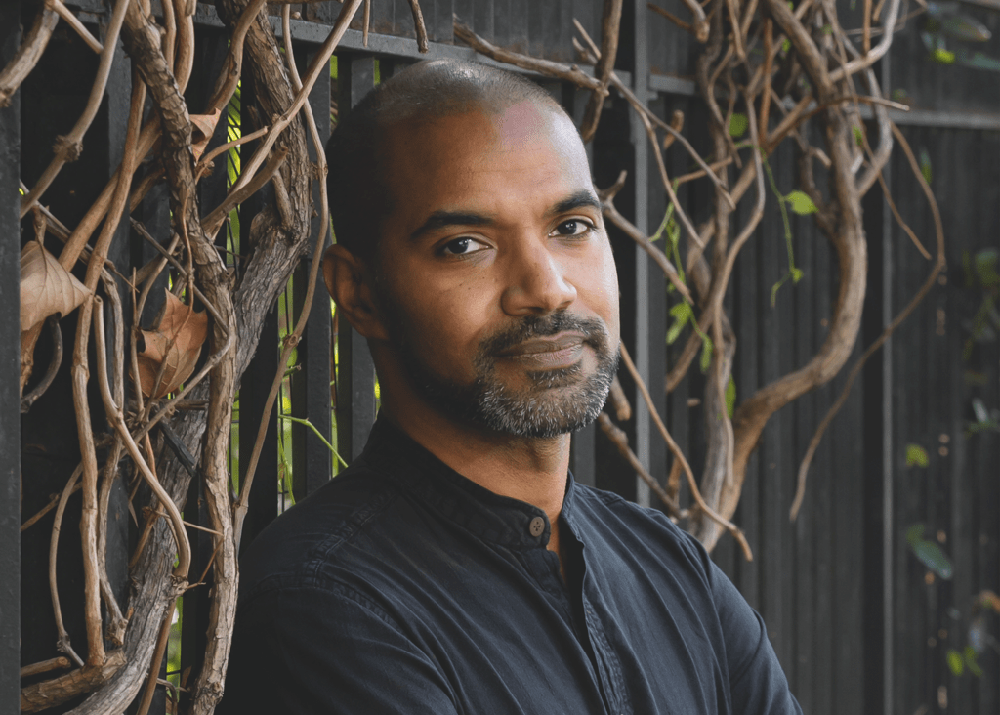
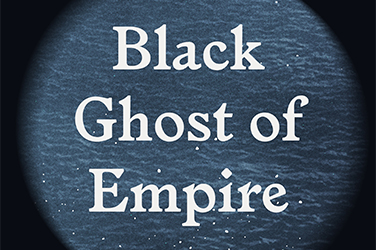
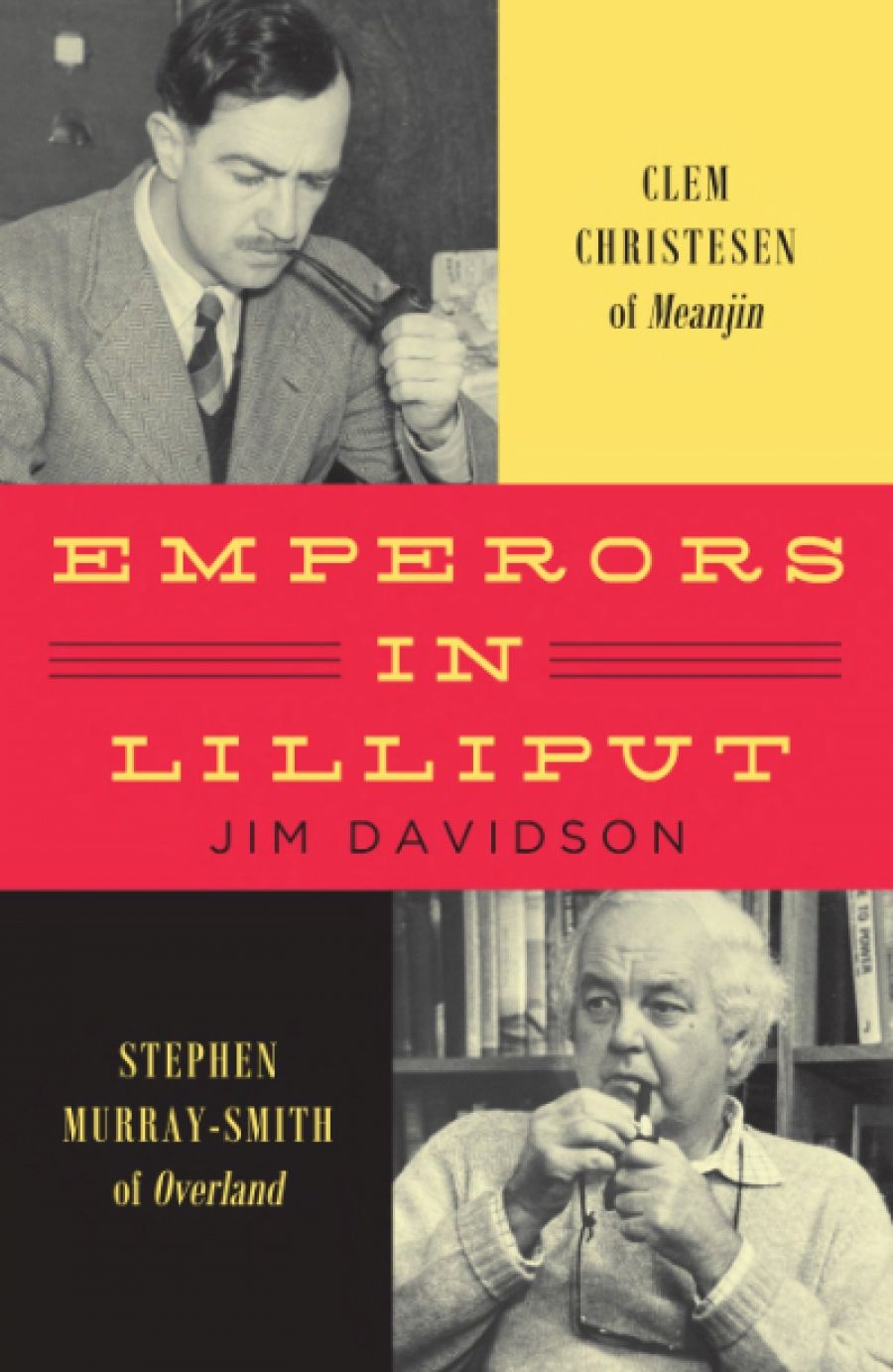
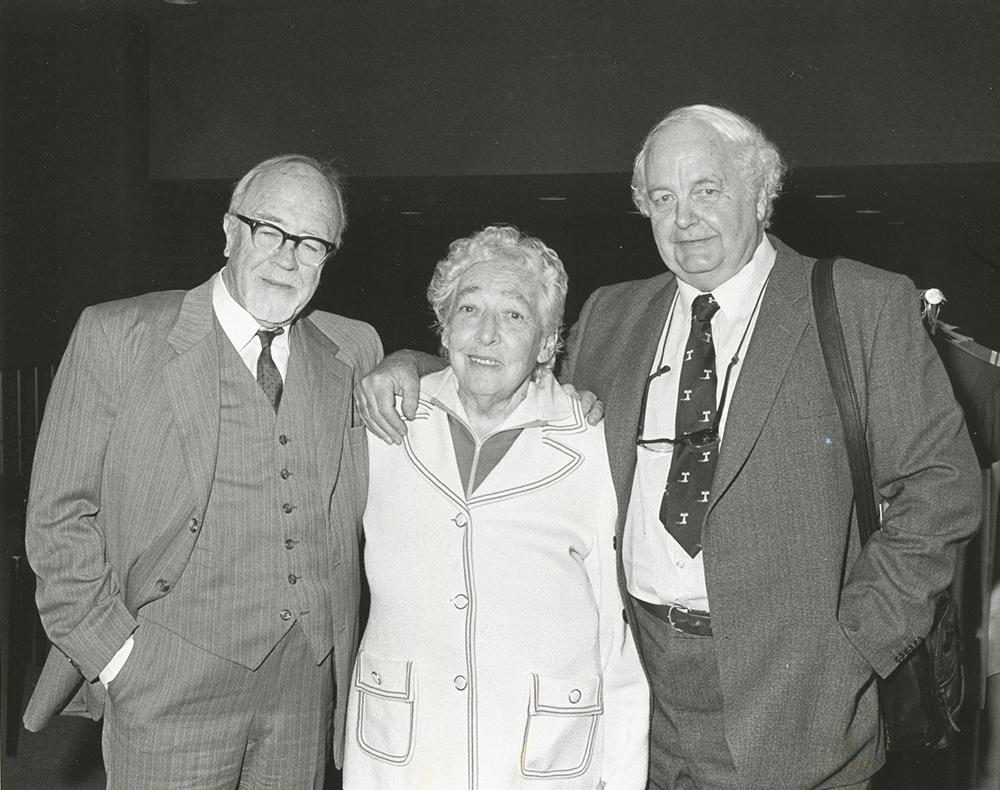
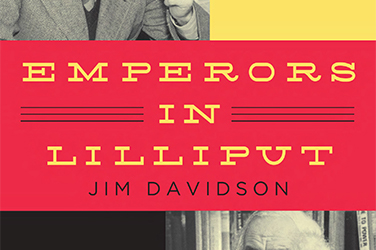

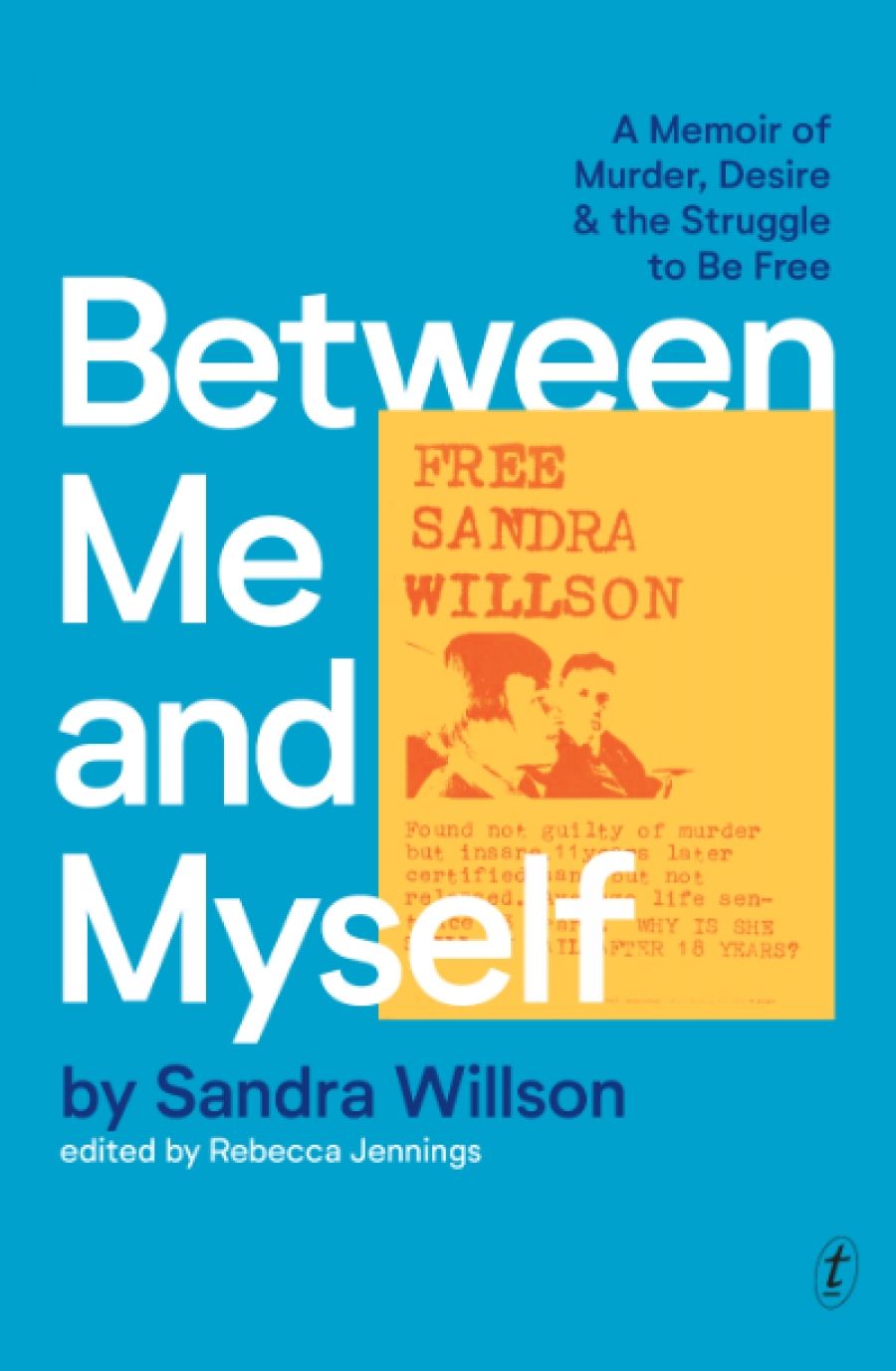
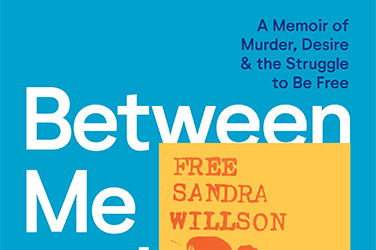
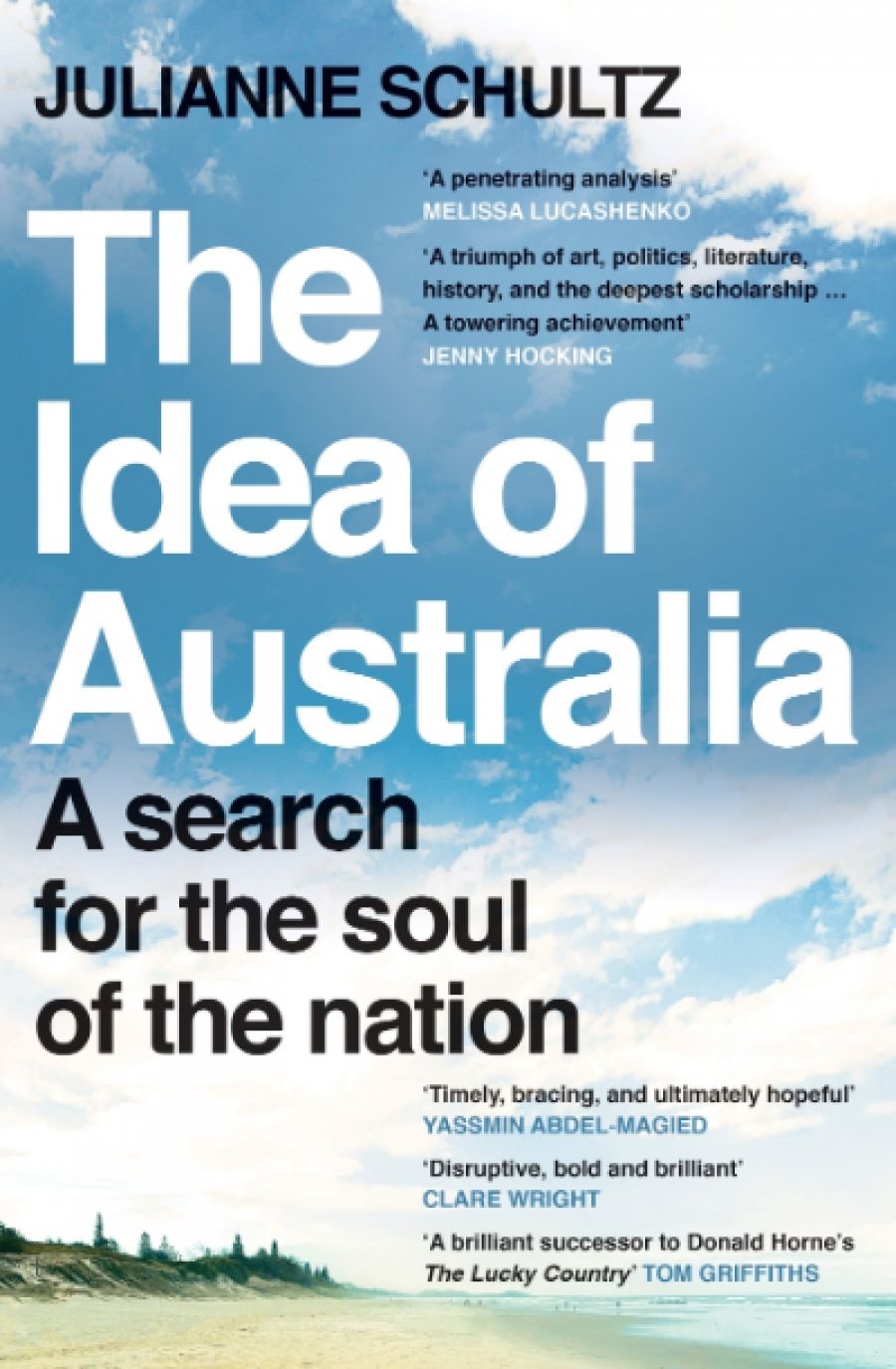
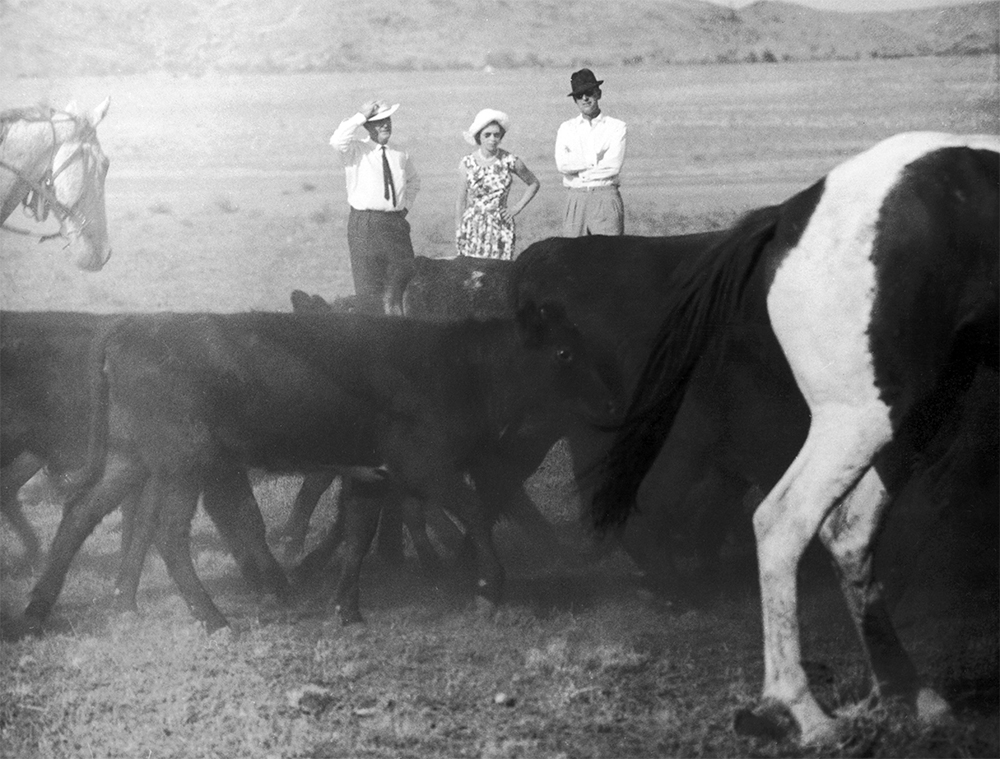
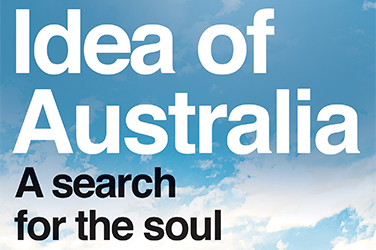
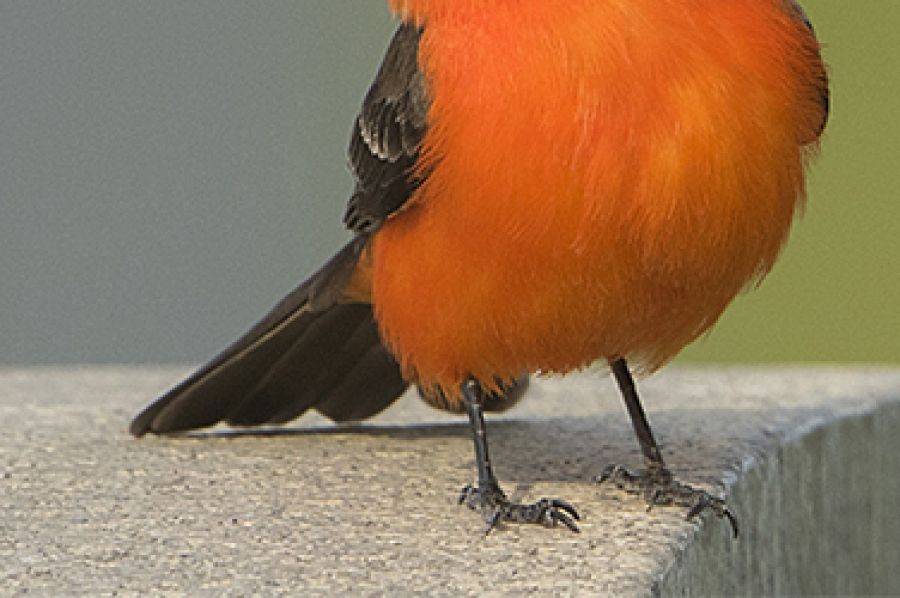
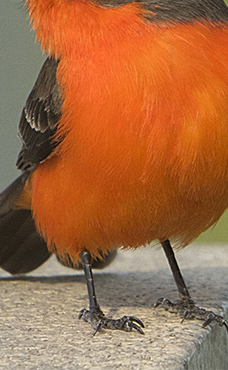
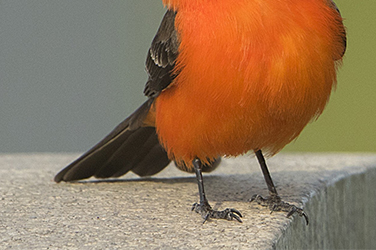




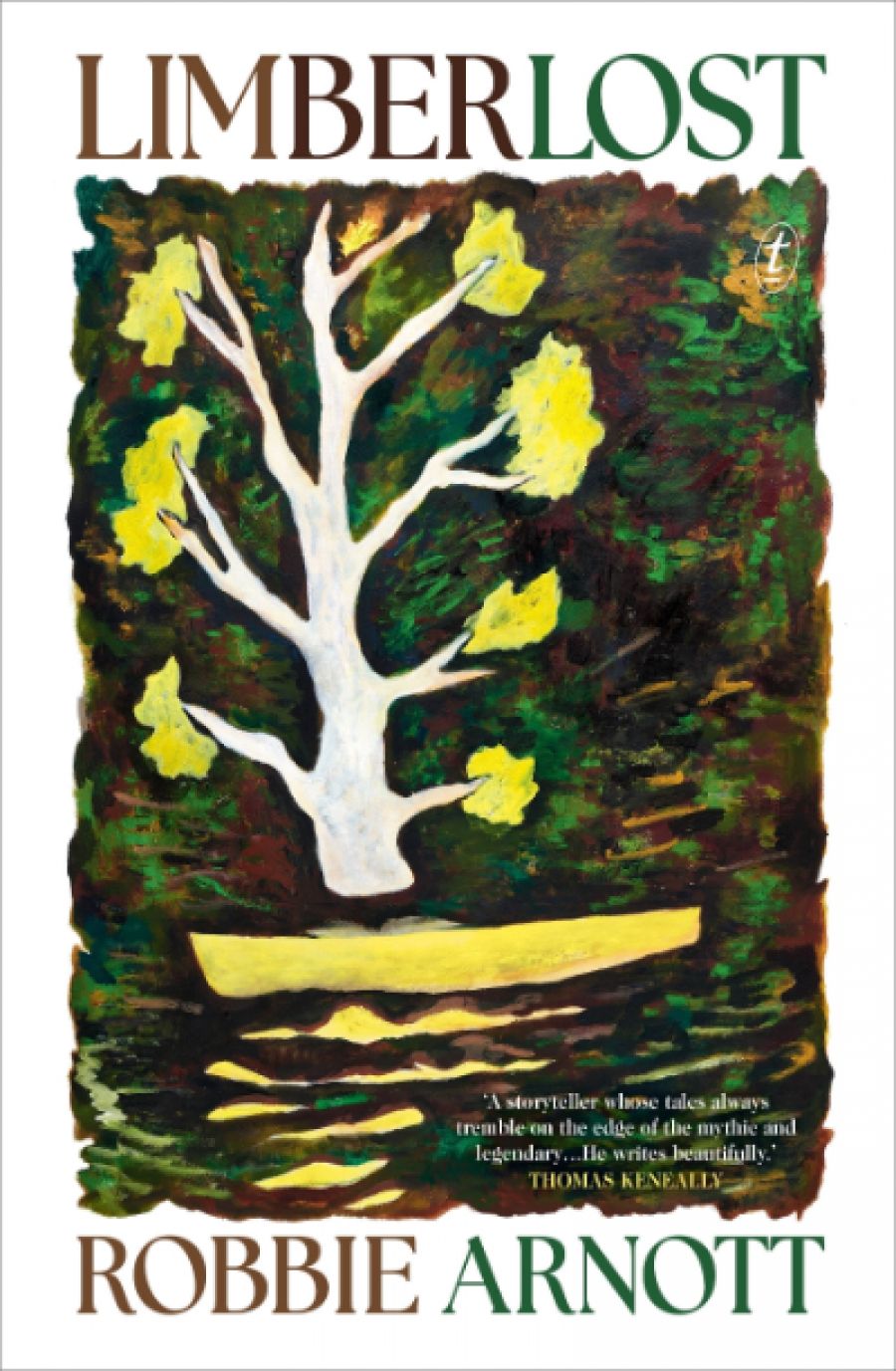
MitchOsborne%20copy.jpg)
